Reports announced today that last year was one of the hottest ever recorded, the warmest since global records began. With unprecedented wildfires, superstorms and floods ravaging the planet, scientists point to global warming as the precise cause. Armed with this information it’s hard not to consider the impact of non-vital industries, like fashion, is having on the environment.
Luckily, 64 companies, including Zara, M&S, ASOS, adidas, Ganni, H&M and Reformation have committed to a new sustainable agenda. With the aid of the Global Fashion Agenda, they have created targets for increasing their sustainable design output, garment collection and up-cycling textiles. The ambition is to reach this goal by 2020.
CLICK TO SEE WHICH BRANDS HAVE PLEDGED TO BECOME MORE SUSTAINABLE:
Grazia Sustainable Fashion Brands
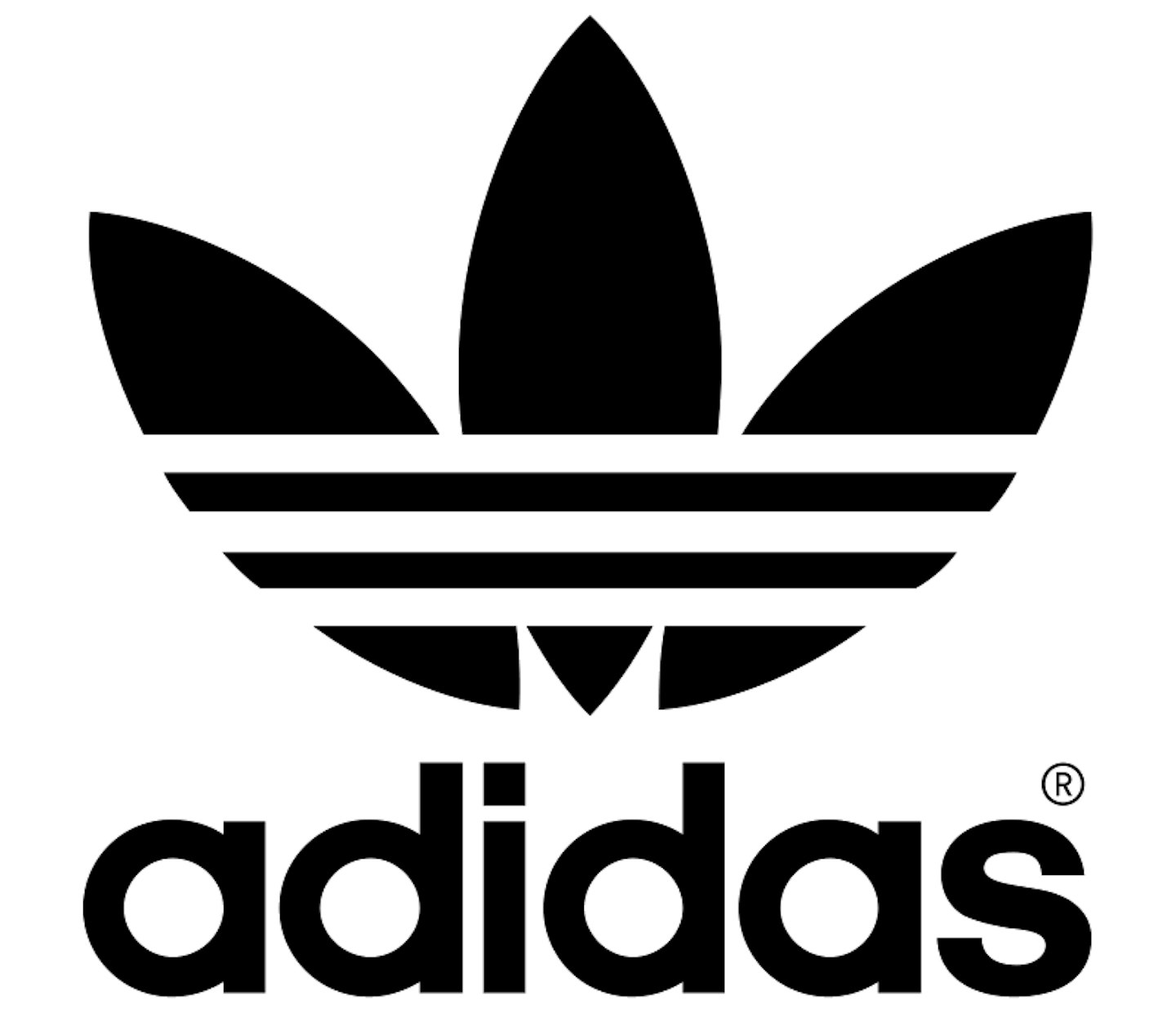 1 of 60
1 of 60Sustainable Fashion Brands
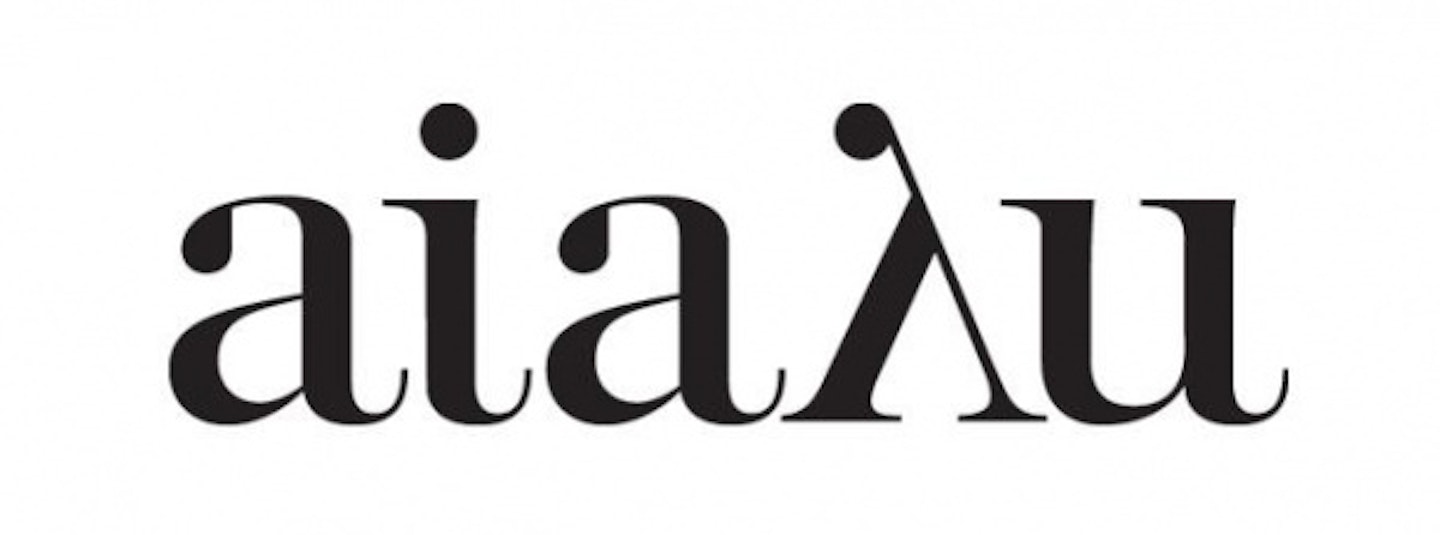 2 of 60
2 of 60Sustainable Fashion Brands
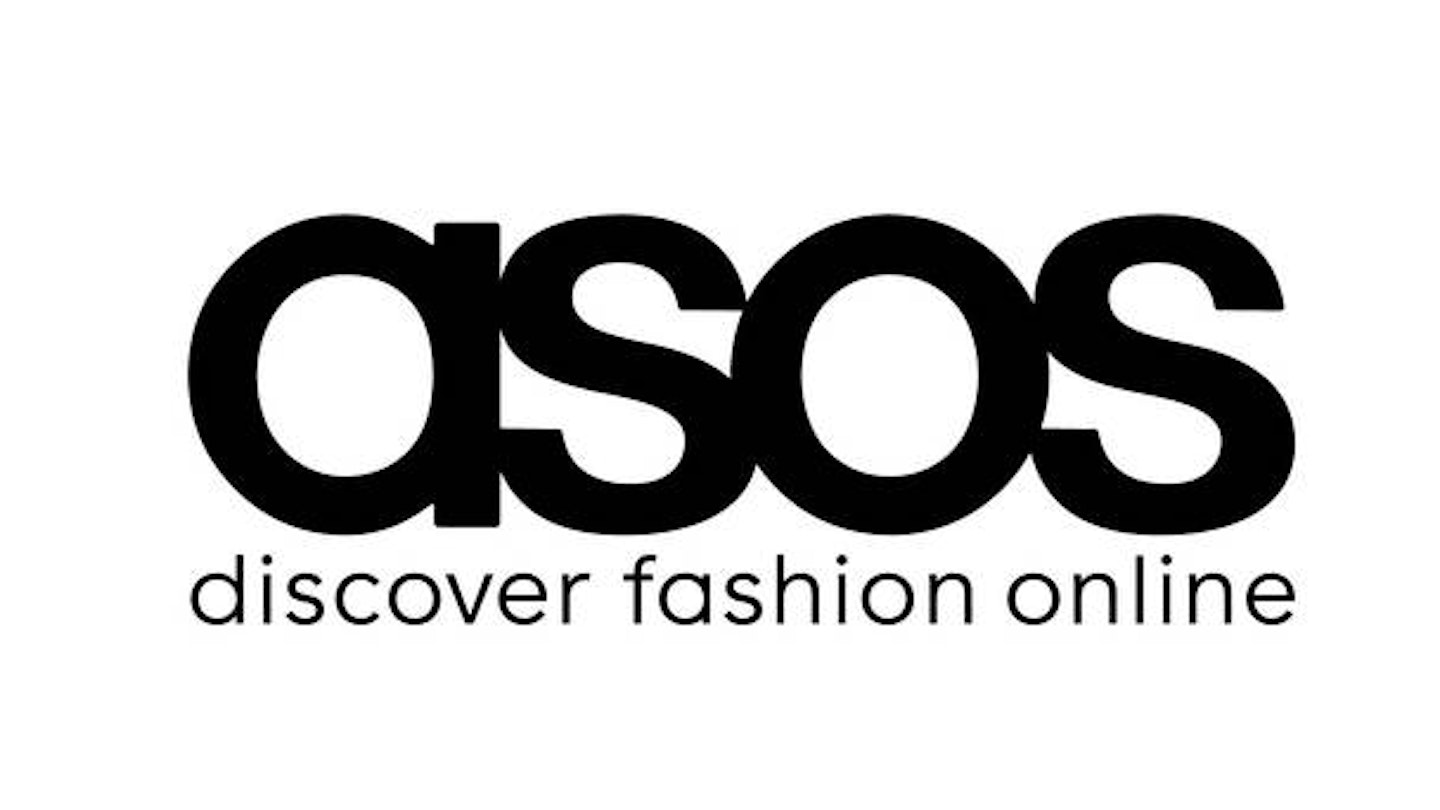 3 of 60
3 of 60Sustainable Fashion Brands
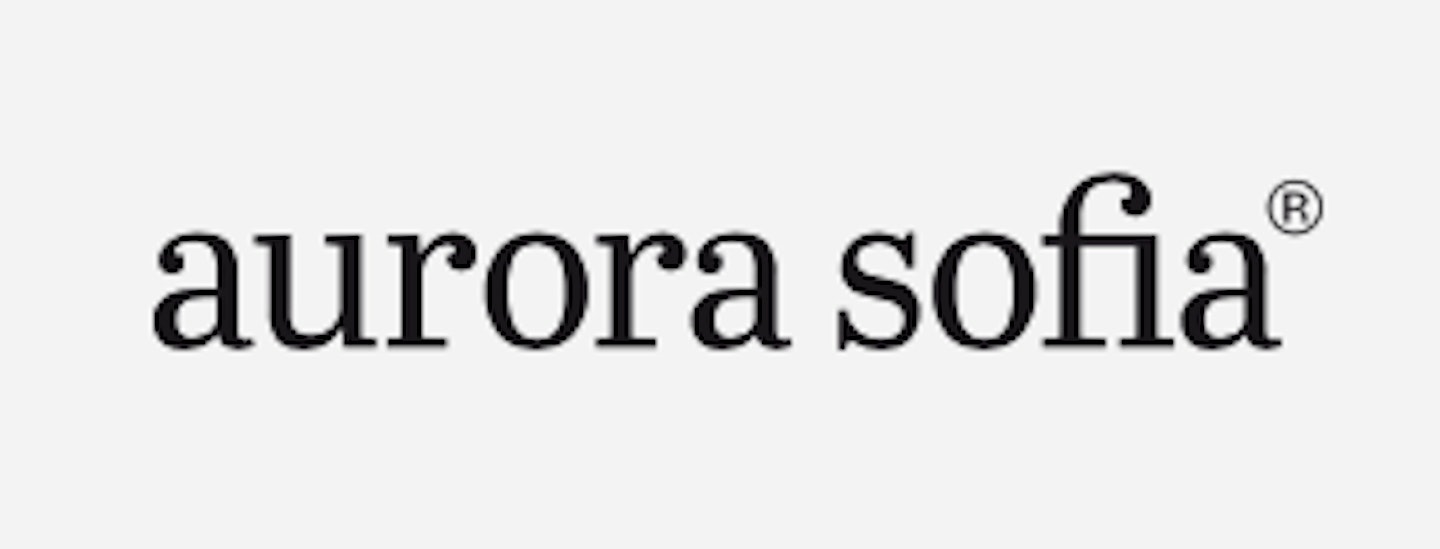 4 of 60
4 of 60Sustainable Fashion Brands
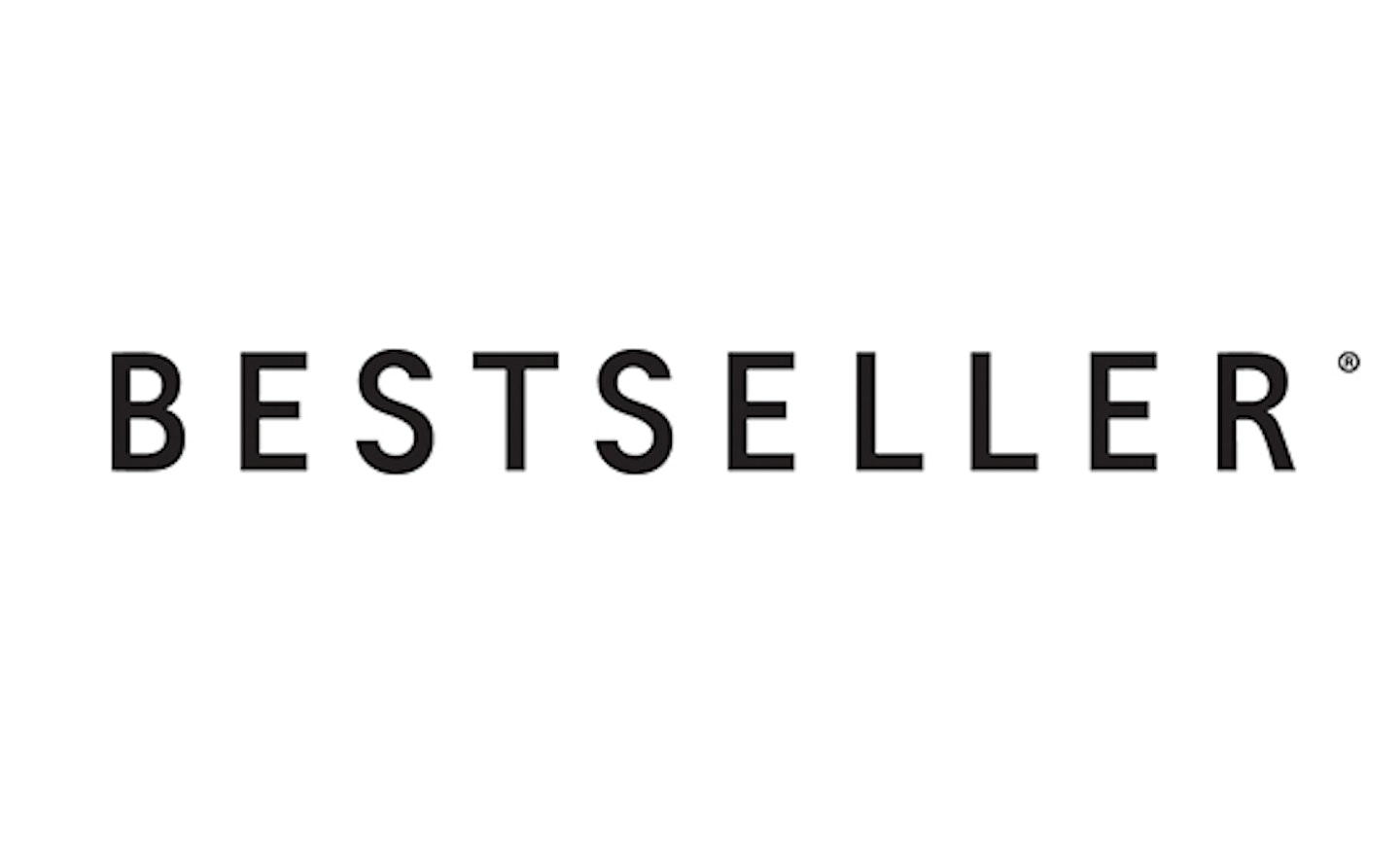 5 of 60
5 of 60Sustainable Fashion Brands
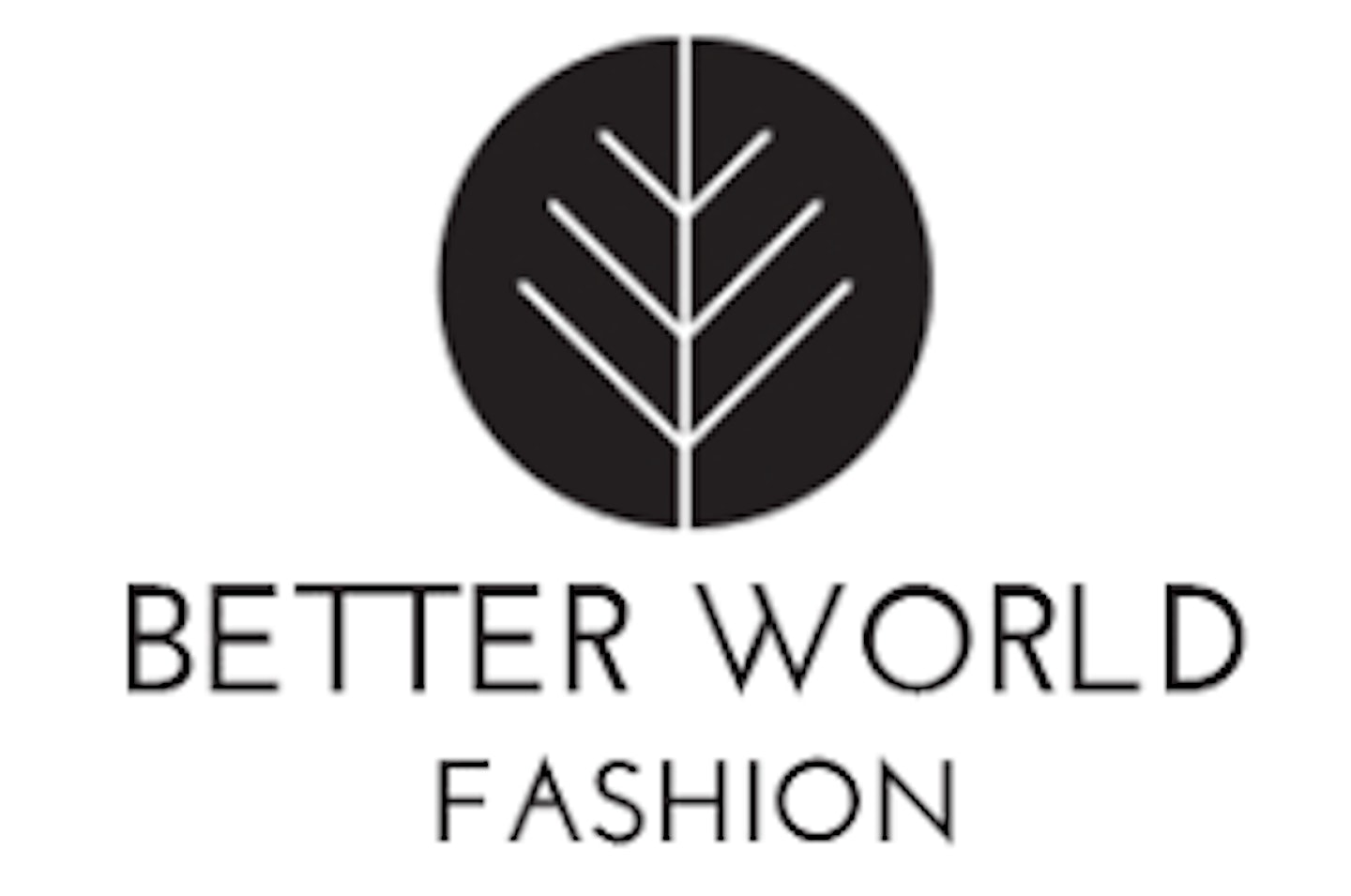 6 of 60
6 of 60Sustainable Fashion Brands
 7 of 60
7 of 60Sustainable Fashion Brands
 8 of 60
8 of 60Sustainable Fashion Brands
 9 of 60
9 of 60Sustainable Fashion Brands
 10 of 60
10 of 60Sustainable Fashion Brands
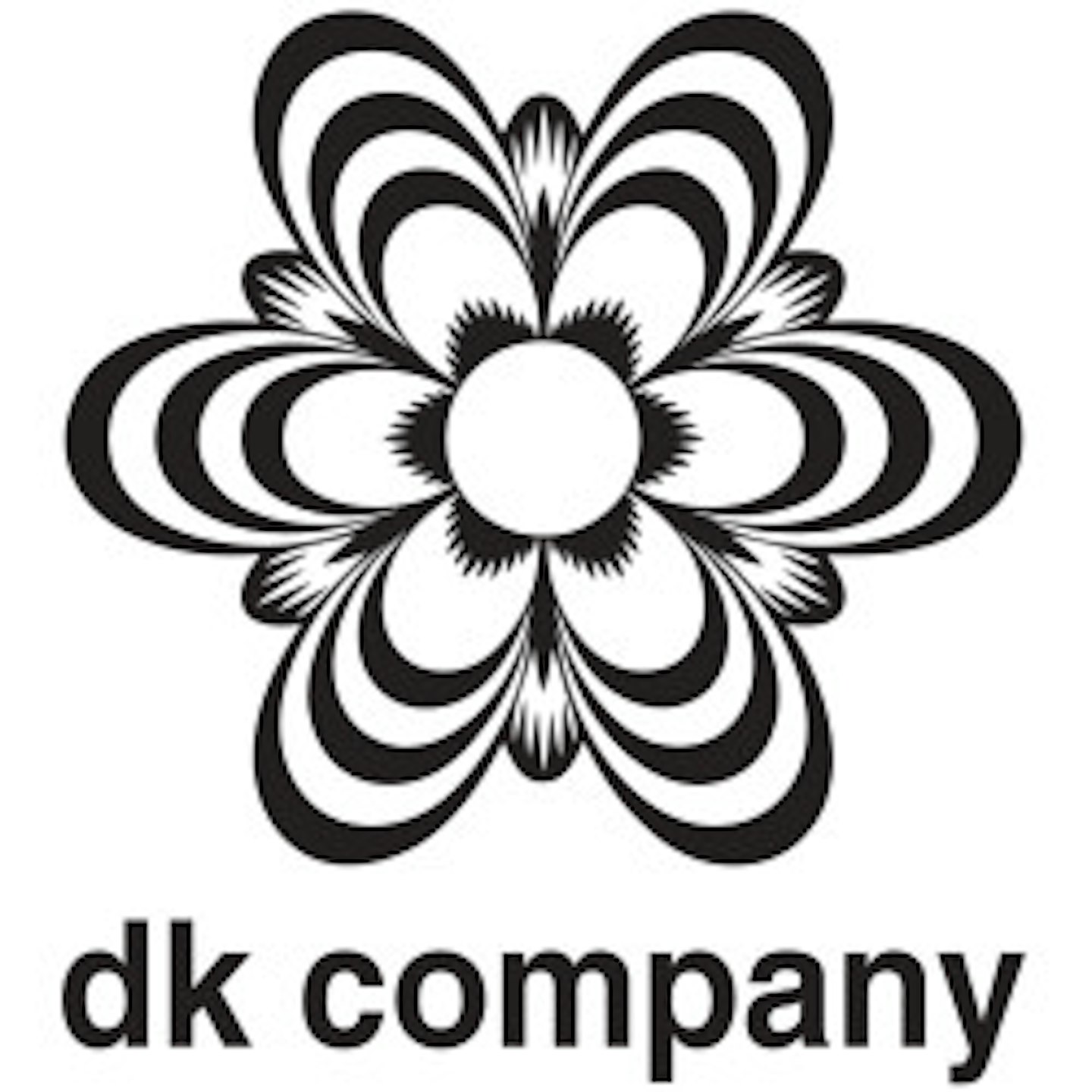 11 of 60
11 of 60Sustainable Fashion Brands
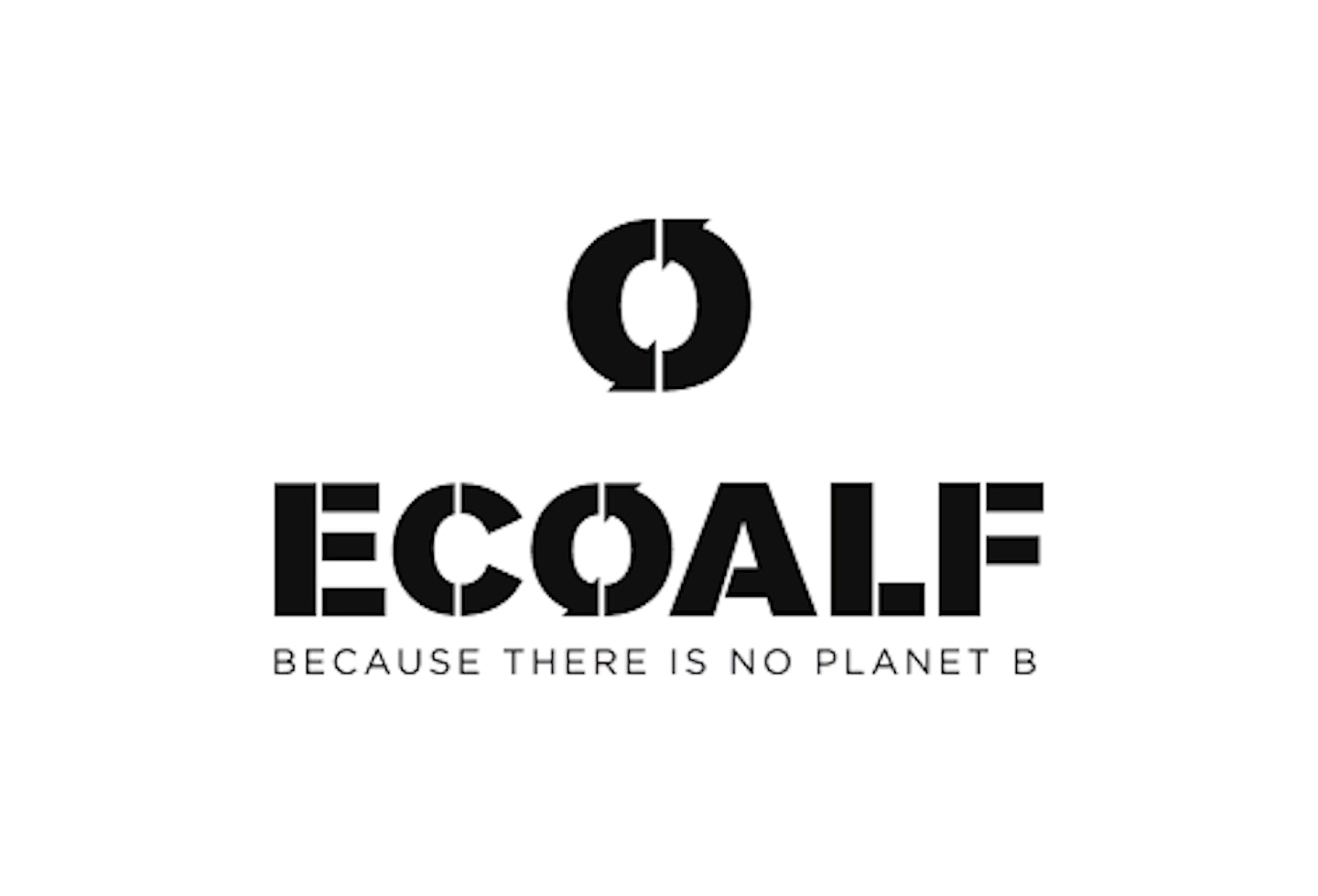 12 of 60
12 of 60Sustainable Fashion Brands
 13 of 60
13 of 60Sustainable Fashion Brands
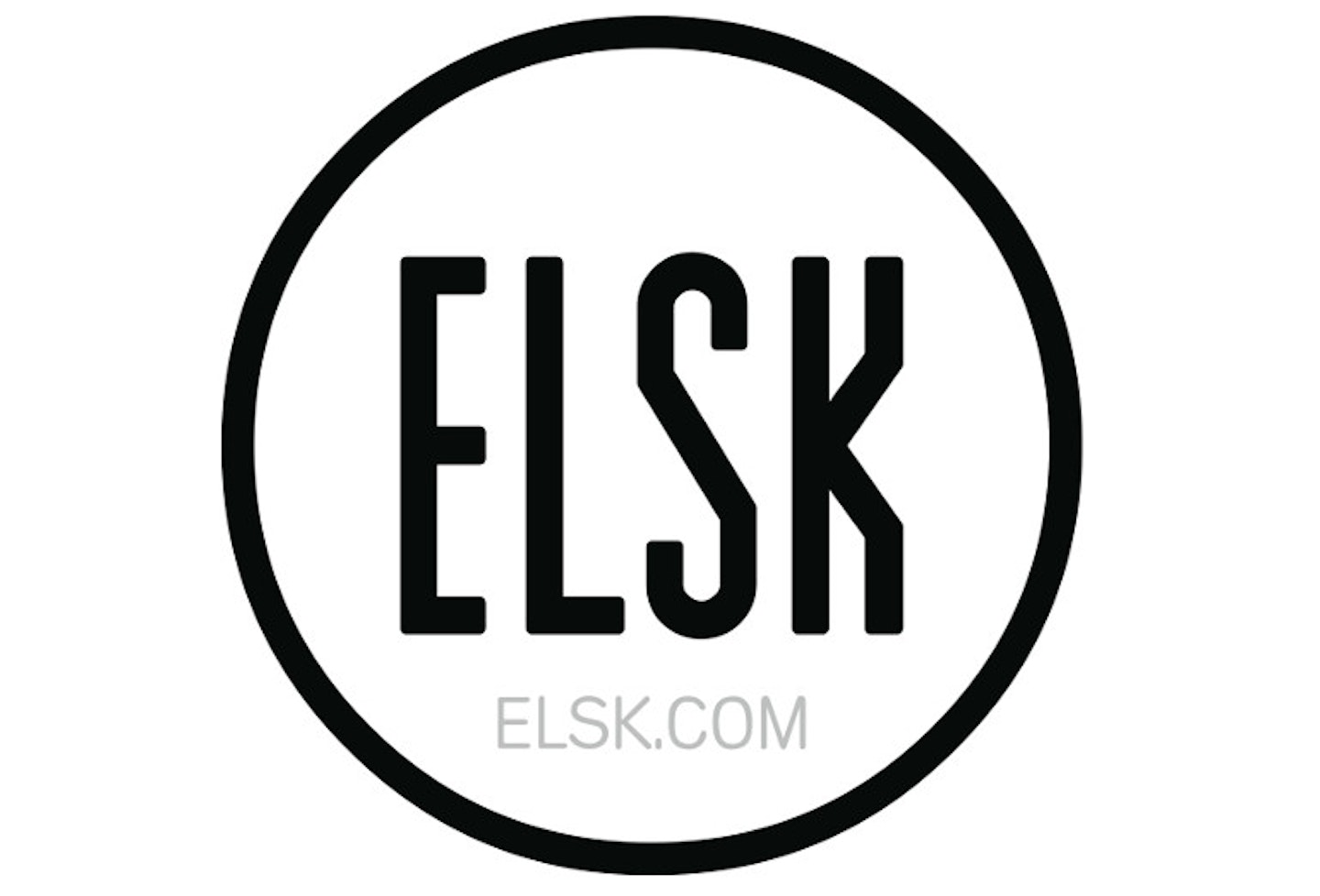 14 of 60
14 of 60Sustainable Fashion Brands
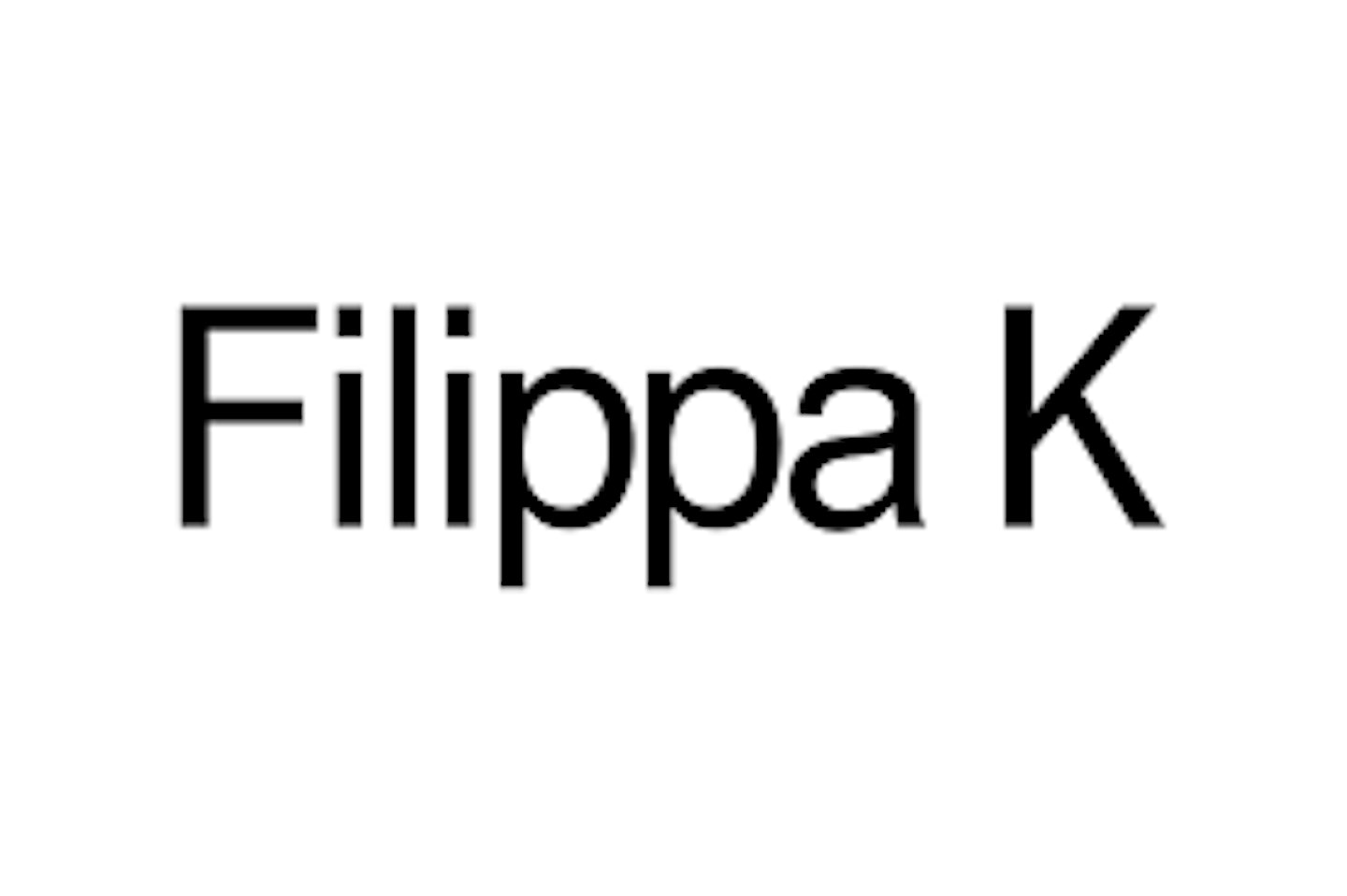 15 of 60
15 of 60Sustainable Fashion Brands
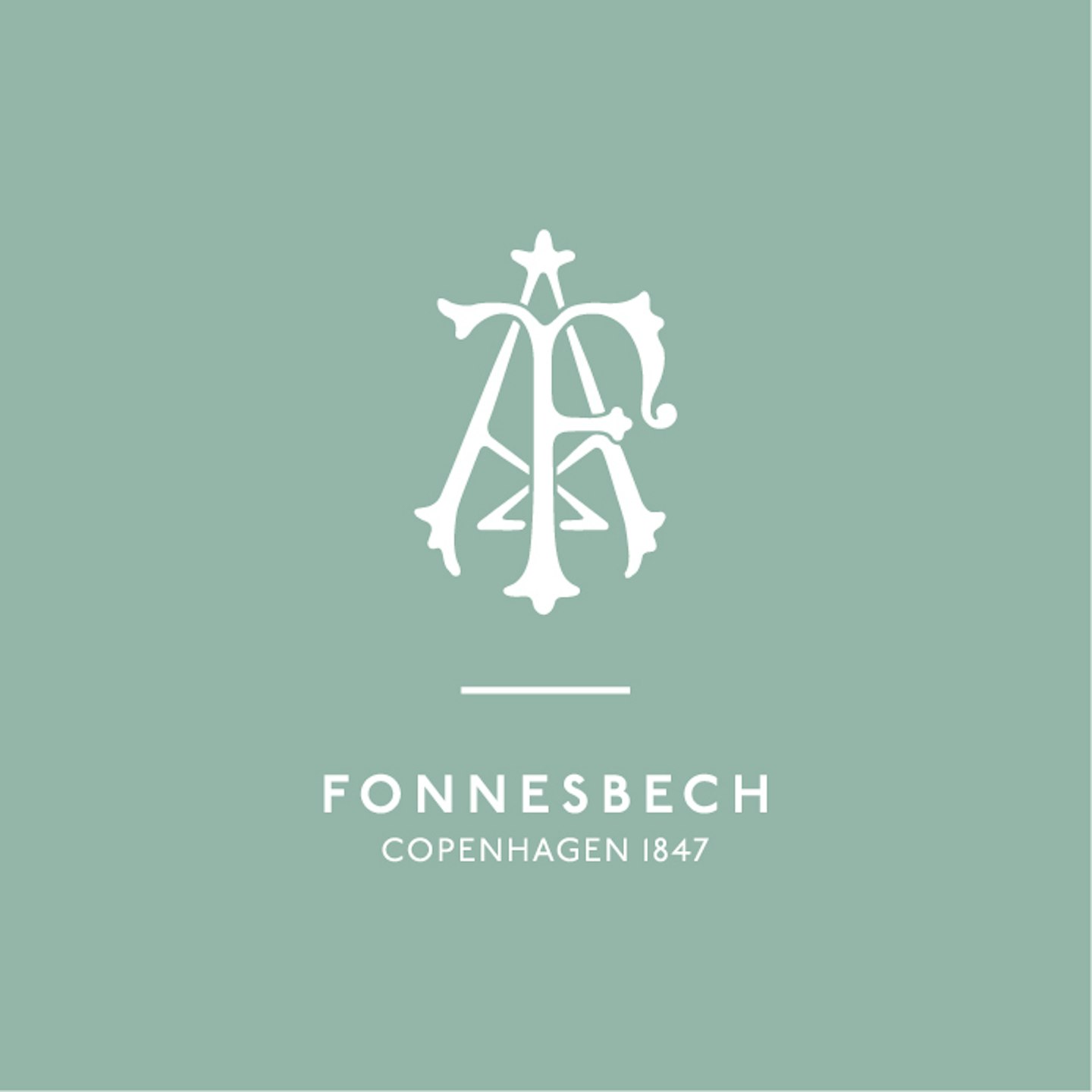 16 of 60
16 of 60Sustainable Fashion Brands
 17 of 60
17 of 60Sustainable Fashion Brands
 18 of 60
18 of 60Sustainable Fashion Brands
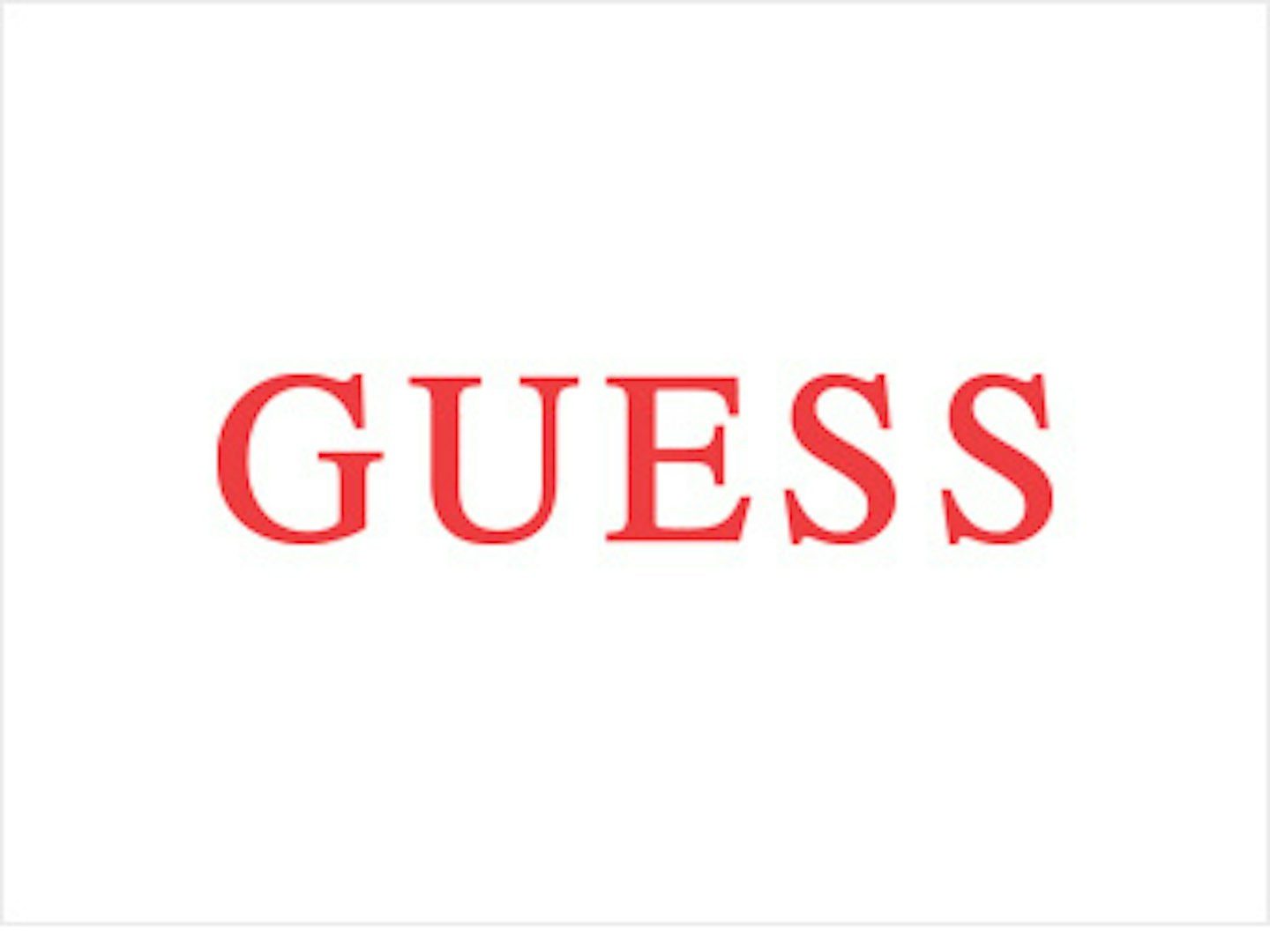 19 of 60
19 of 60Sustainable Fashion Brands
 20 of 60
20 of 60Sustainable Fashion Brands
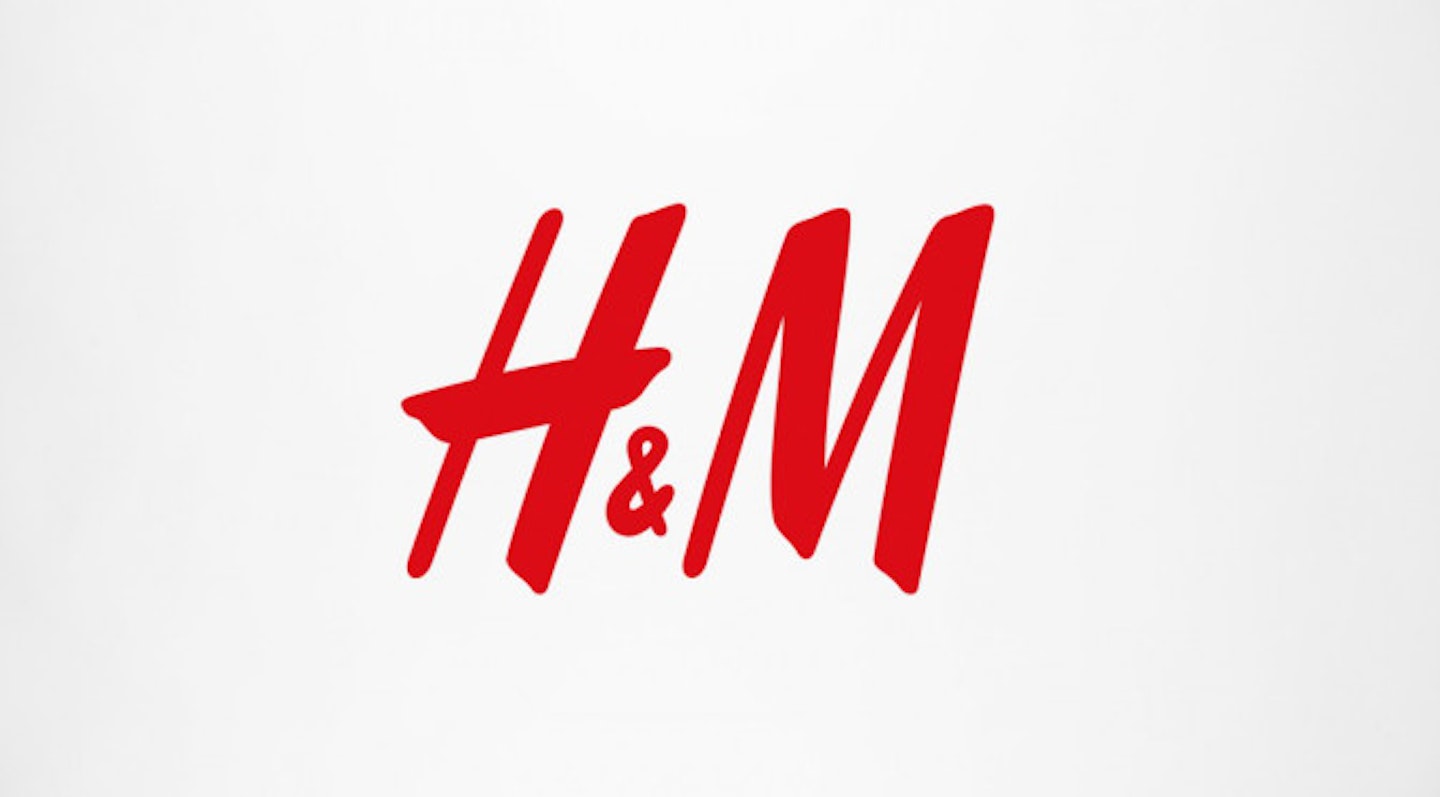 21 of 60
21 of 60Sustainable Fashion Brands
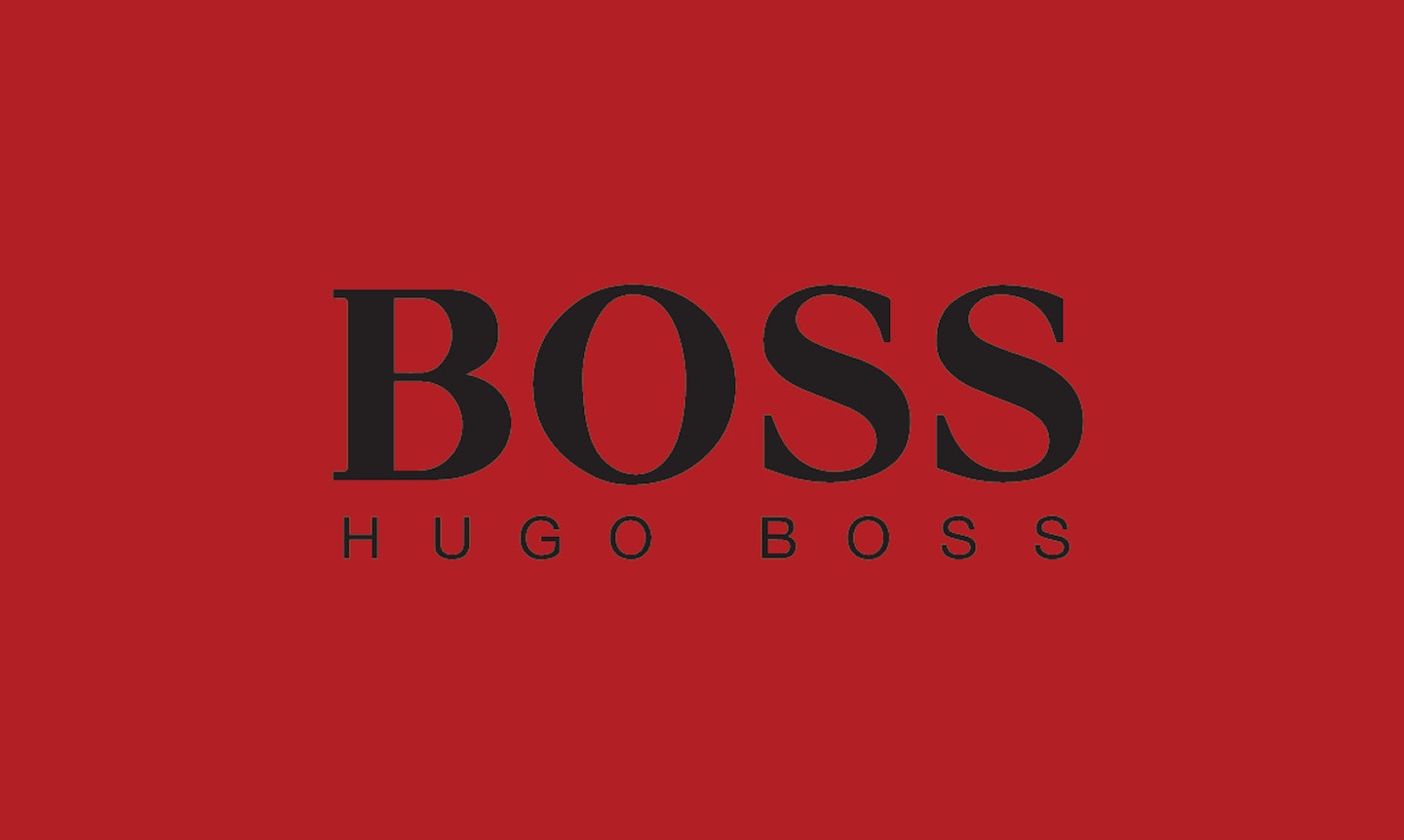 22 of 60
22 of 60Sustainable Fashion Brands
 23 of 60
23 of 60Sustainable Fashion Brands
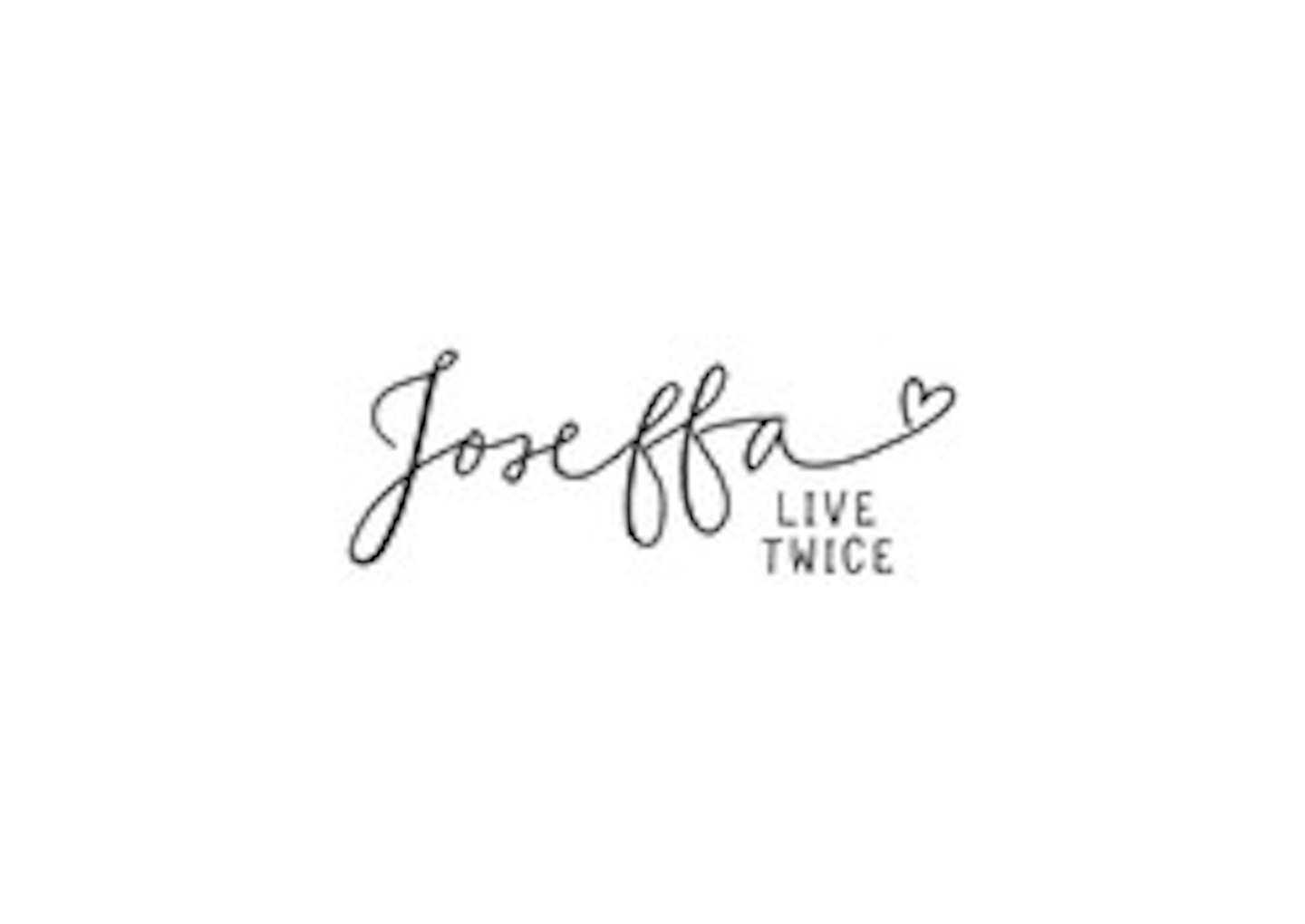 24 of 60
24 of 60Sustainable Fashion Brands
 25 of 60
25 of 60Sustainable Fashion Brands
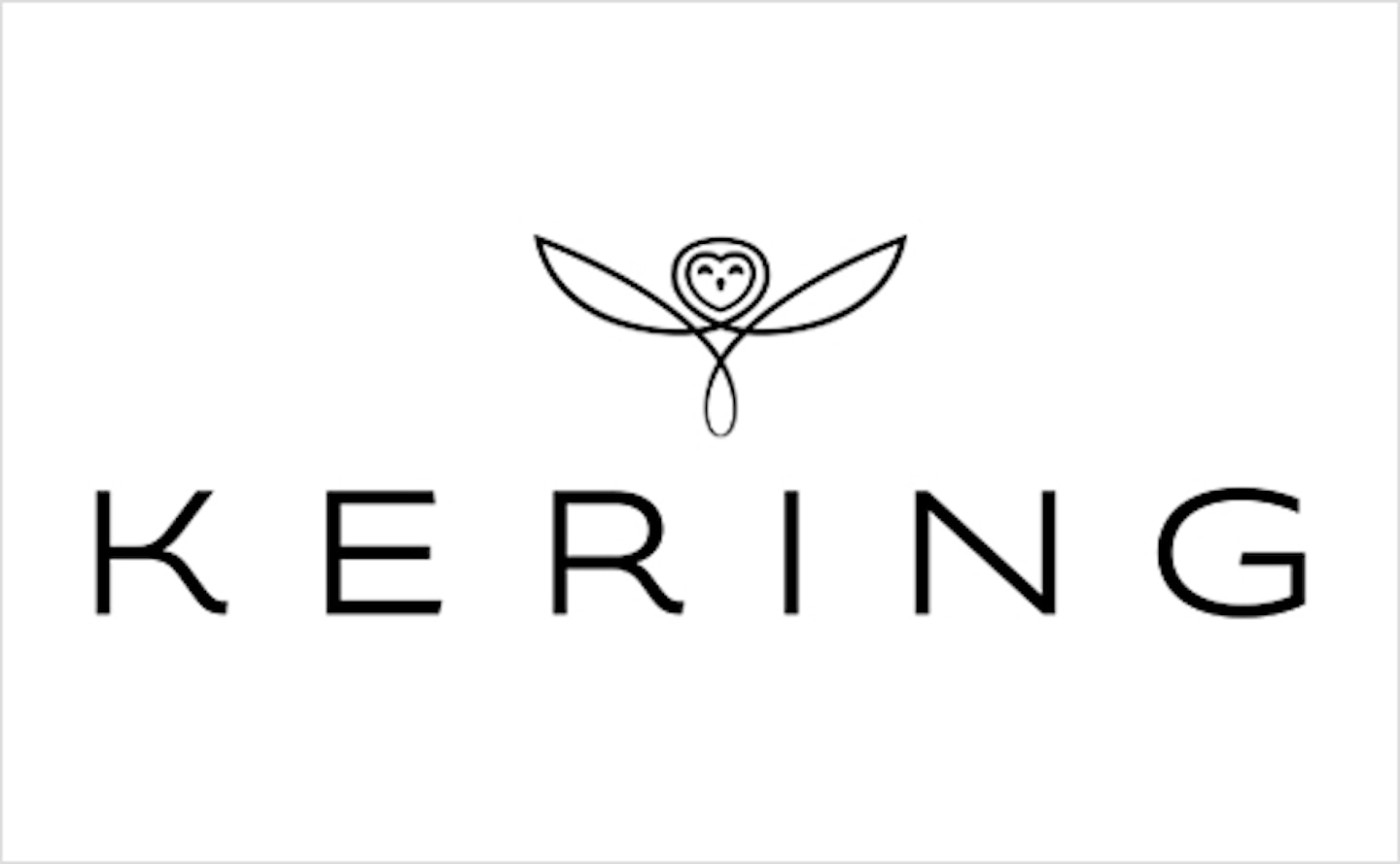 26 of 60
26 of 60Sustainable Fashion Brands
 27 of 60
27 of 60Sustainable Fashion Brands
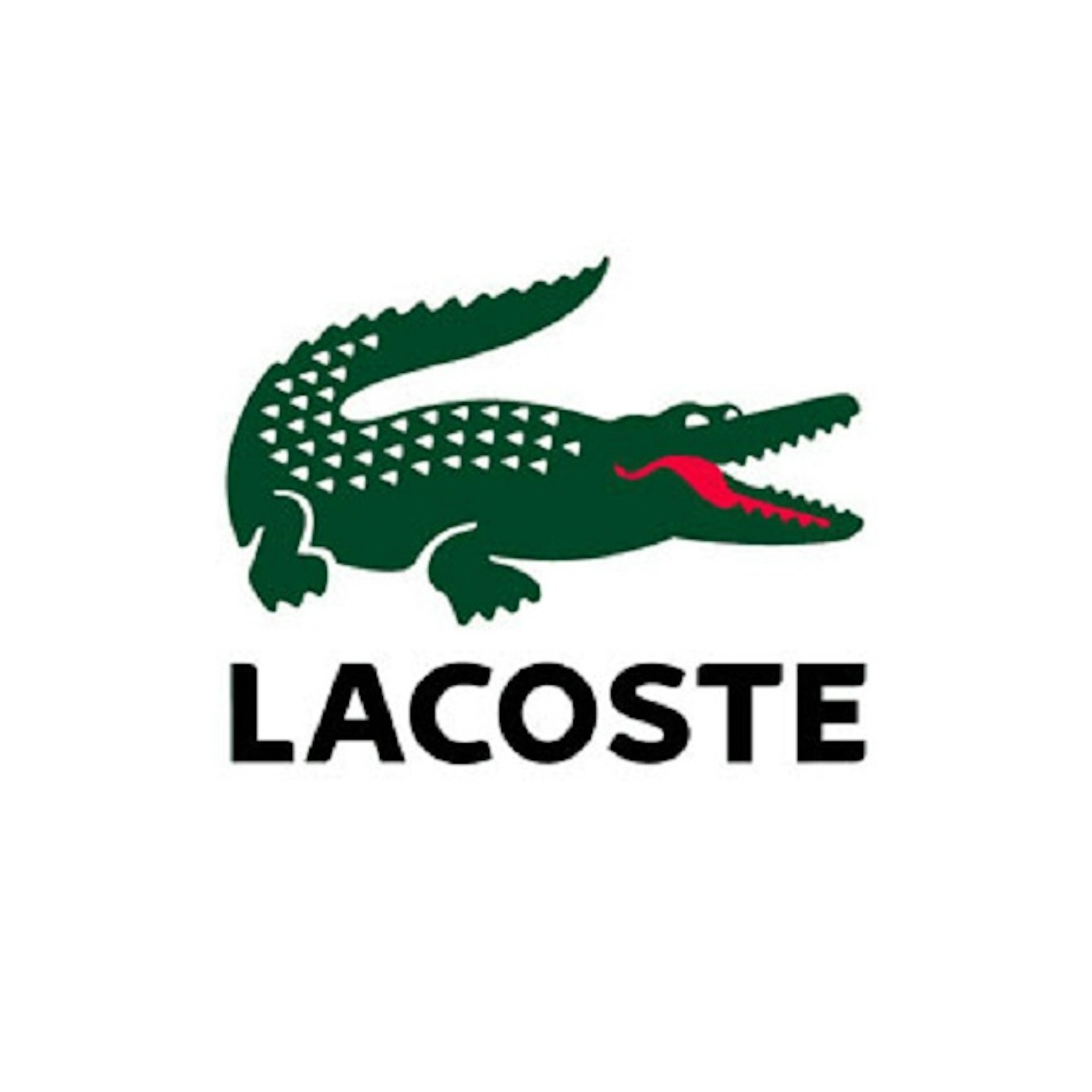 28 of 60
28 of 60Sustainable Fashion Brands
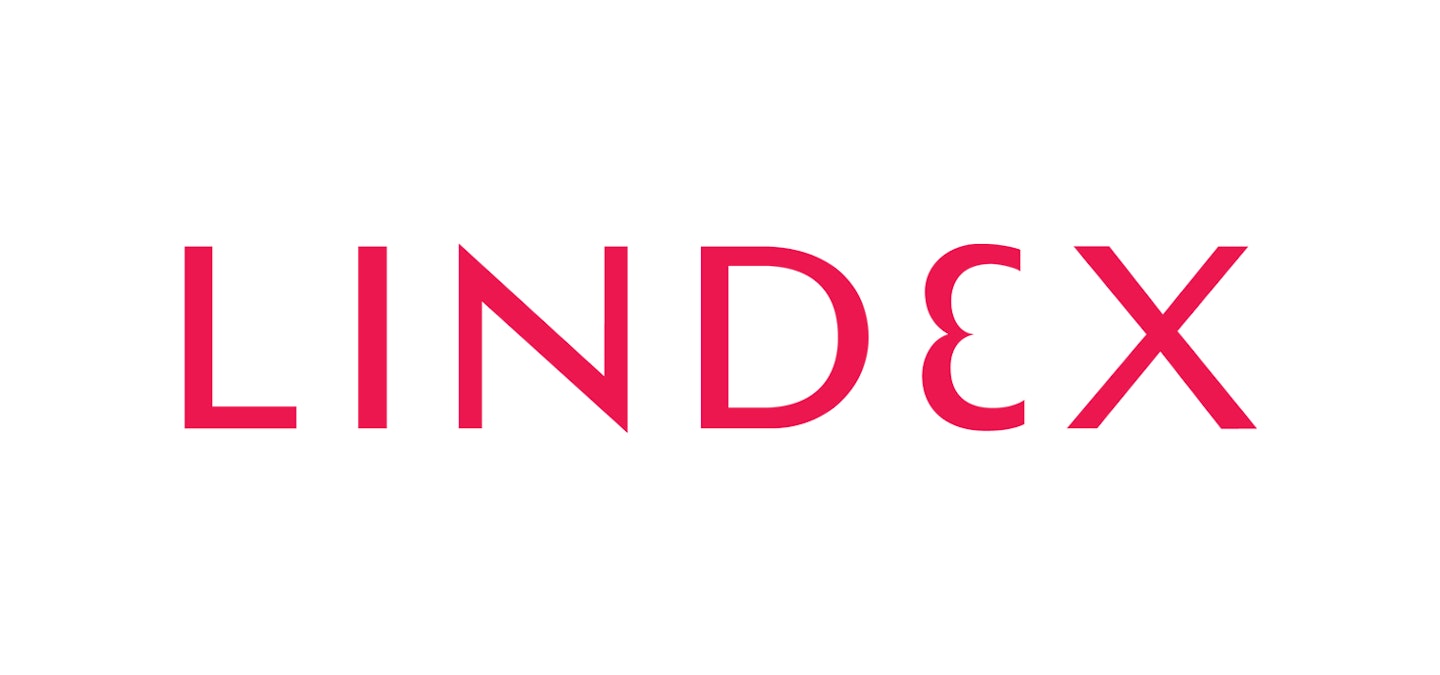 29 of 60
29 of 60Sustainable Fashion Brands
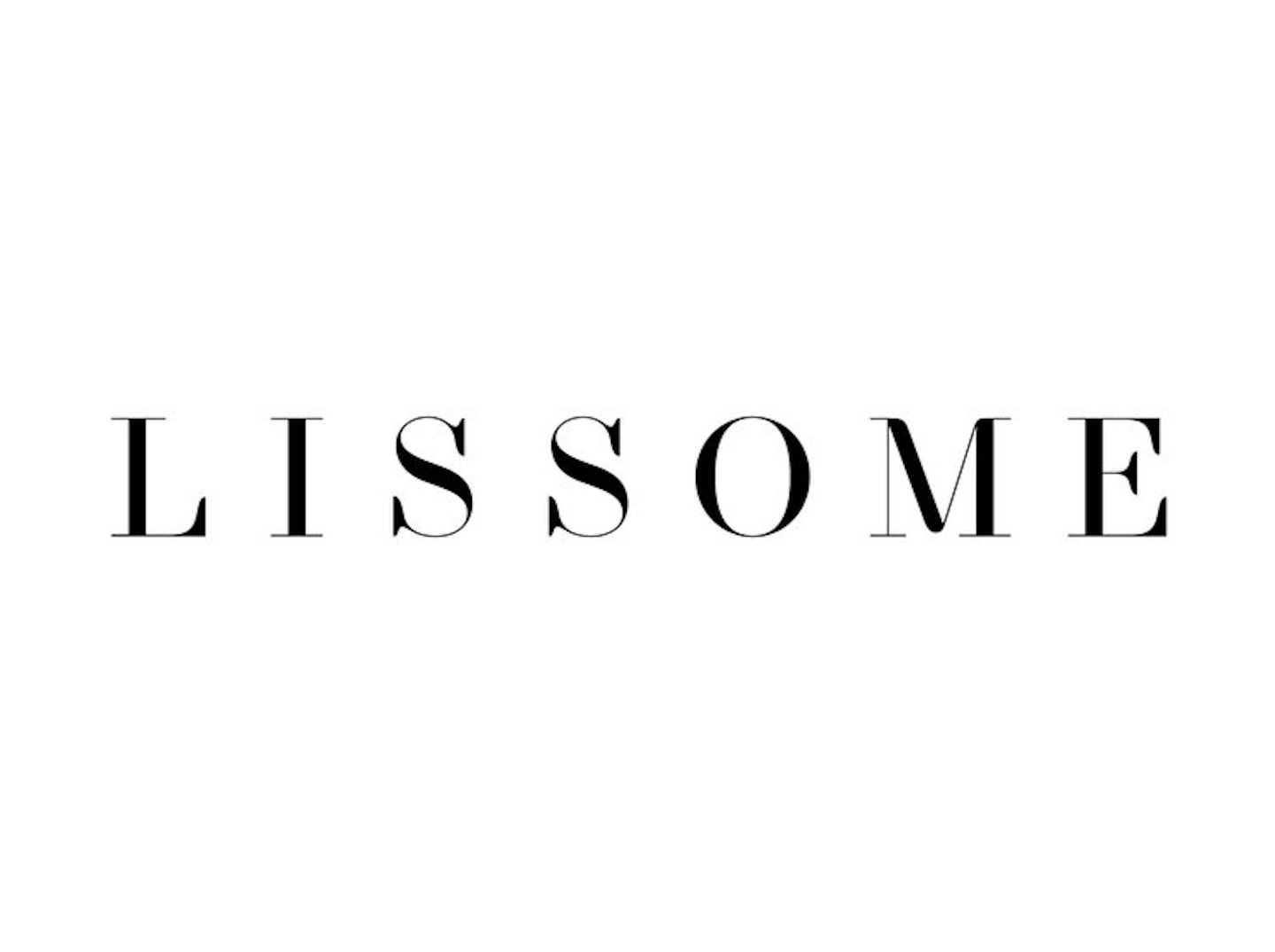 30 of 60
30 of 60Sustainable Fashion Brands
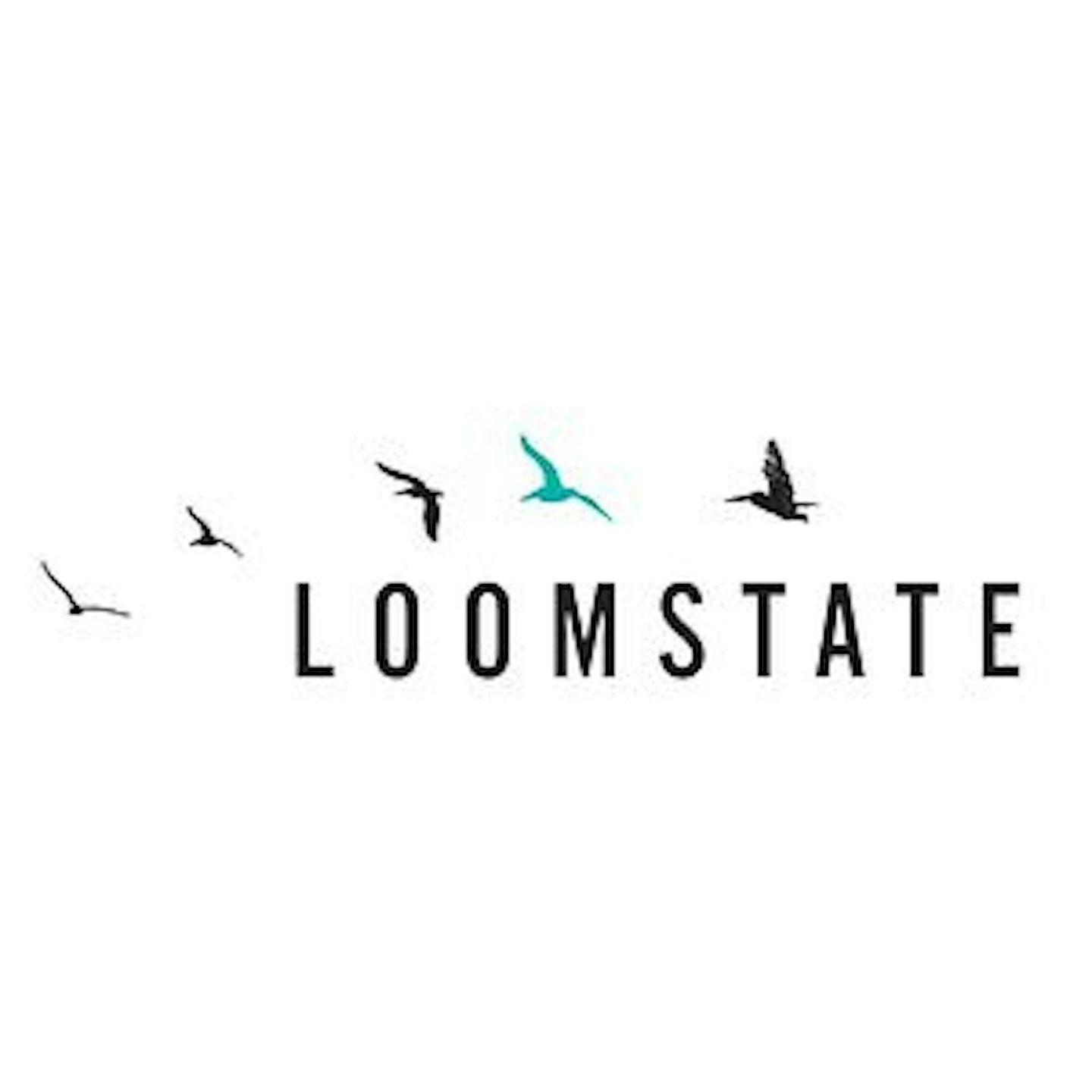 31 of 60
31 of 60Sustainable Fashion Brands
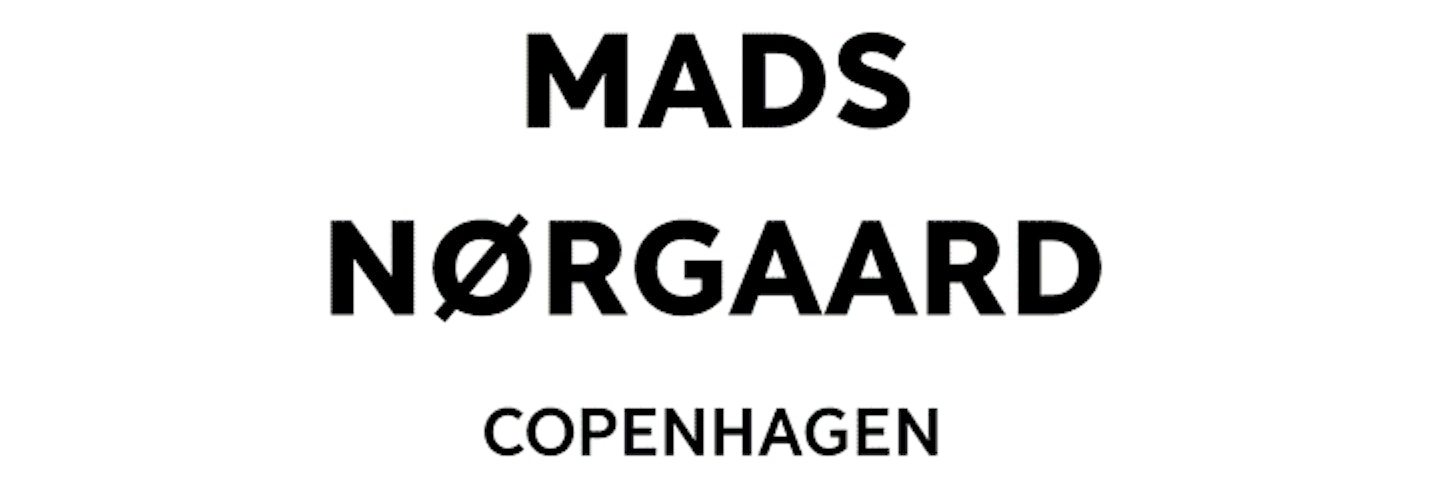 32 of 60
32 of 60Sustainable Fashion Brands
 33 of 60
33 of 60Sustainable Fashion Brands
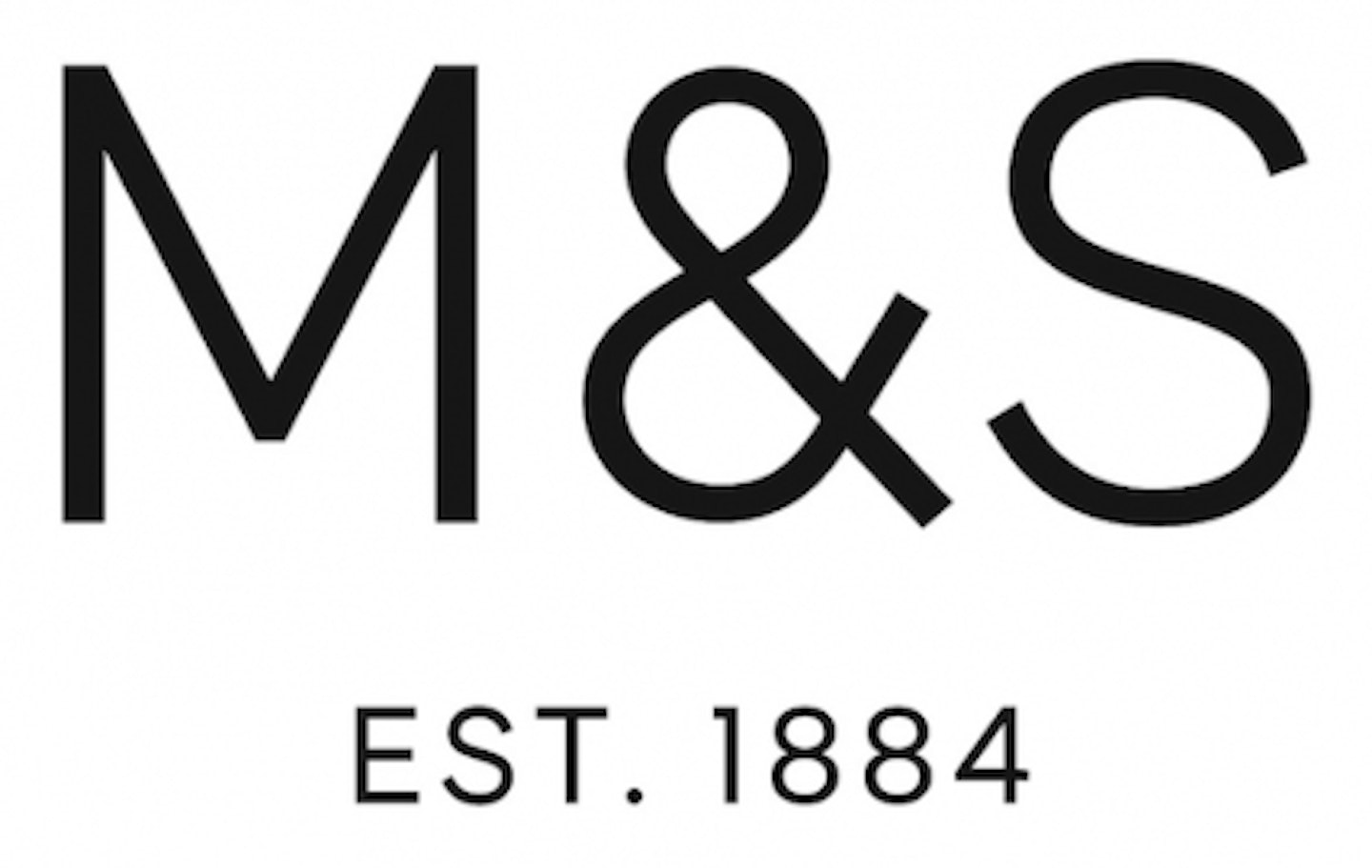 34 of 60
34 of 60Sustainable Fashion Brands
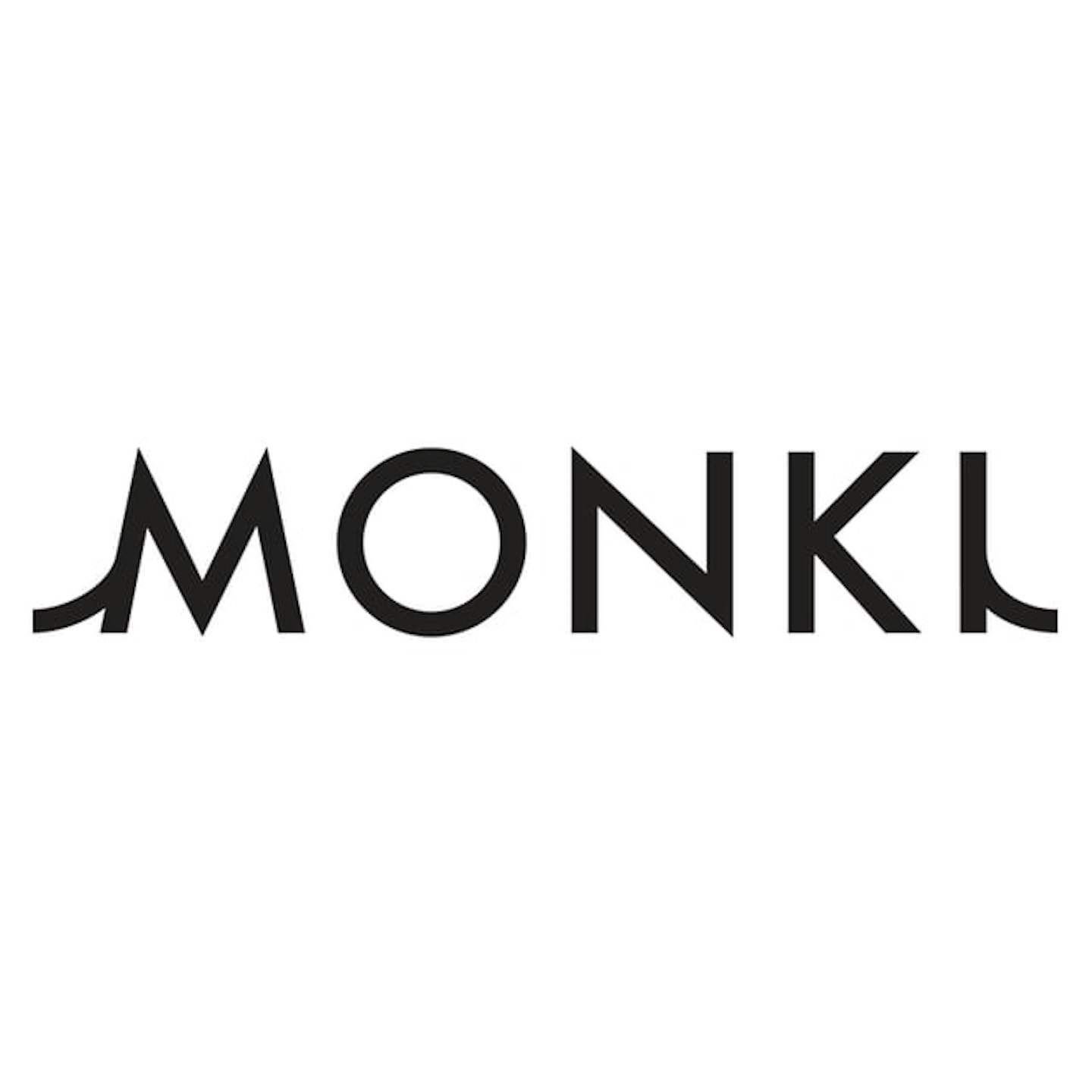 35 of 60
35 of 60Sustainable Fashion Brands
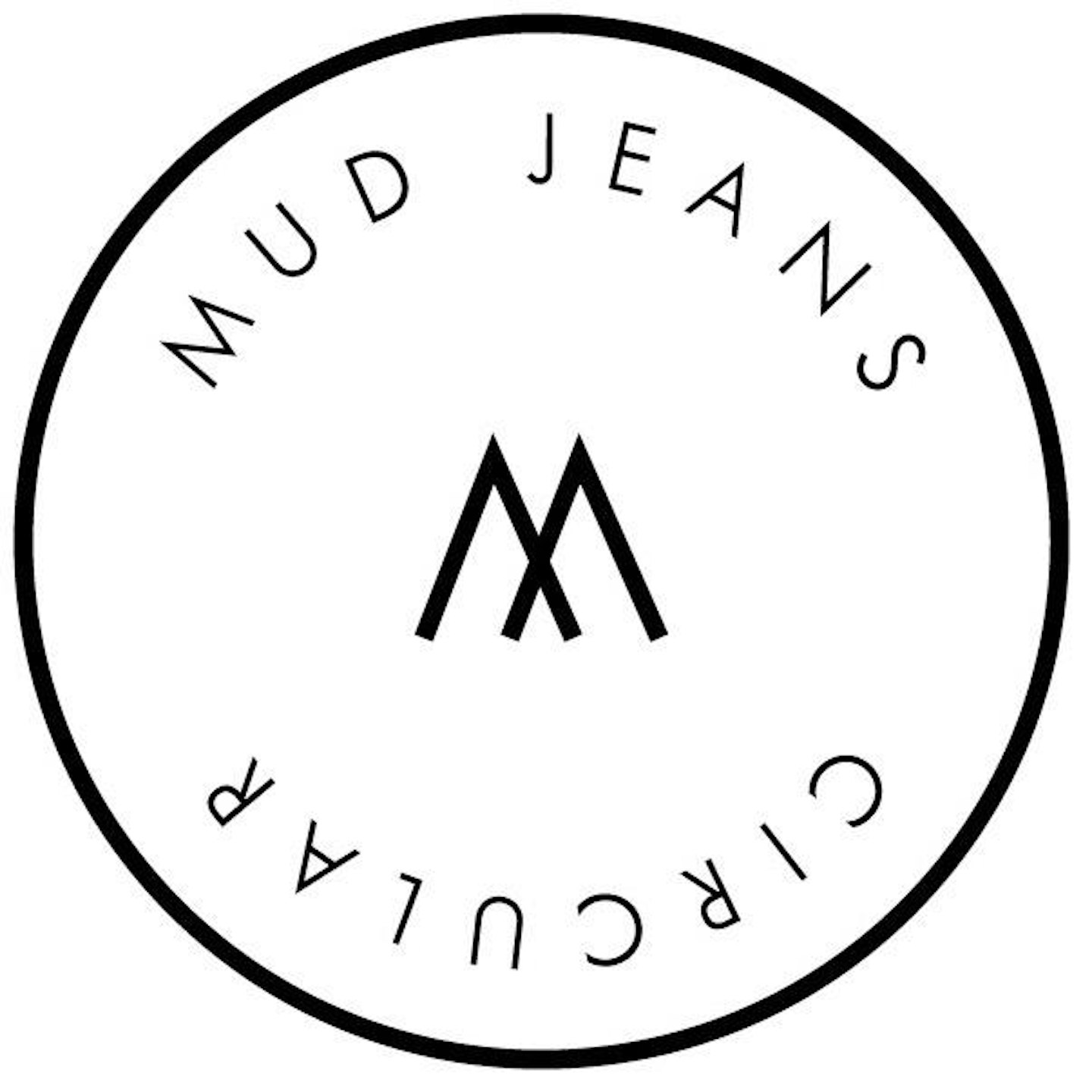 36 of 60
36 of 60Sustainable Fashion Brands
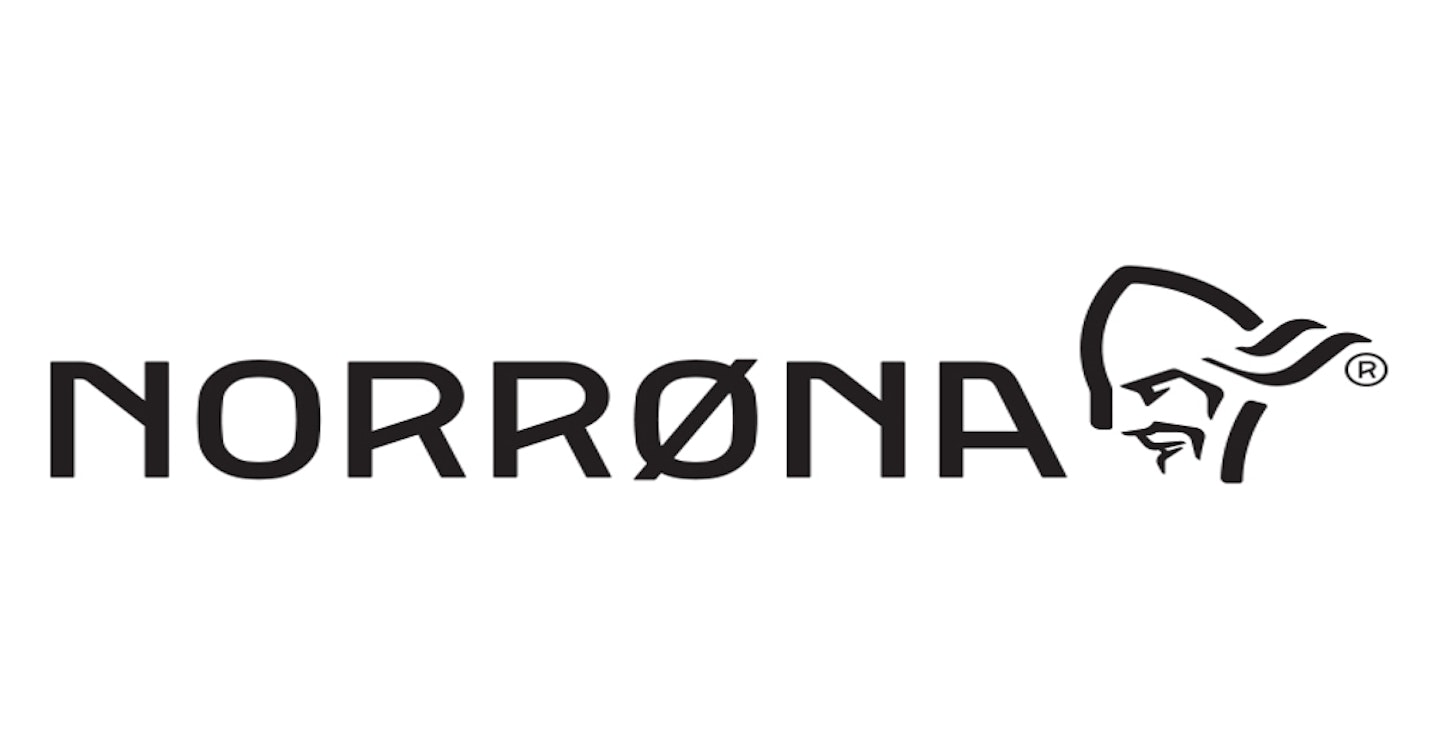 37 of 60
37 of 60Sustainable Fashion Brands
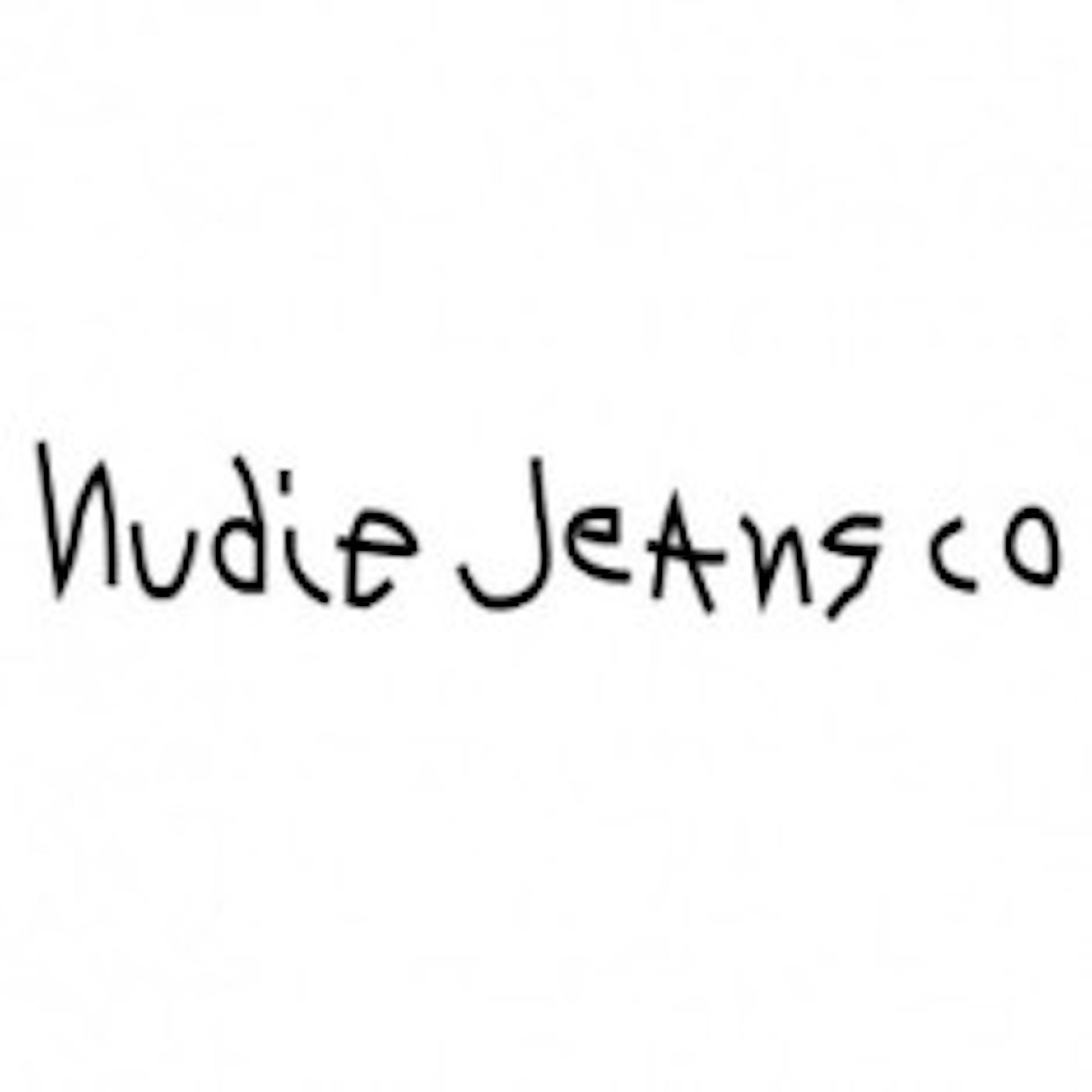 38 of 60
38 of 60Sustainable Fashion Brands
 39 of 60
39 of 60Sustainable Fashion Brands
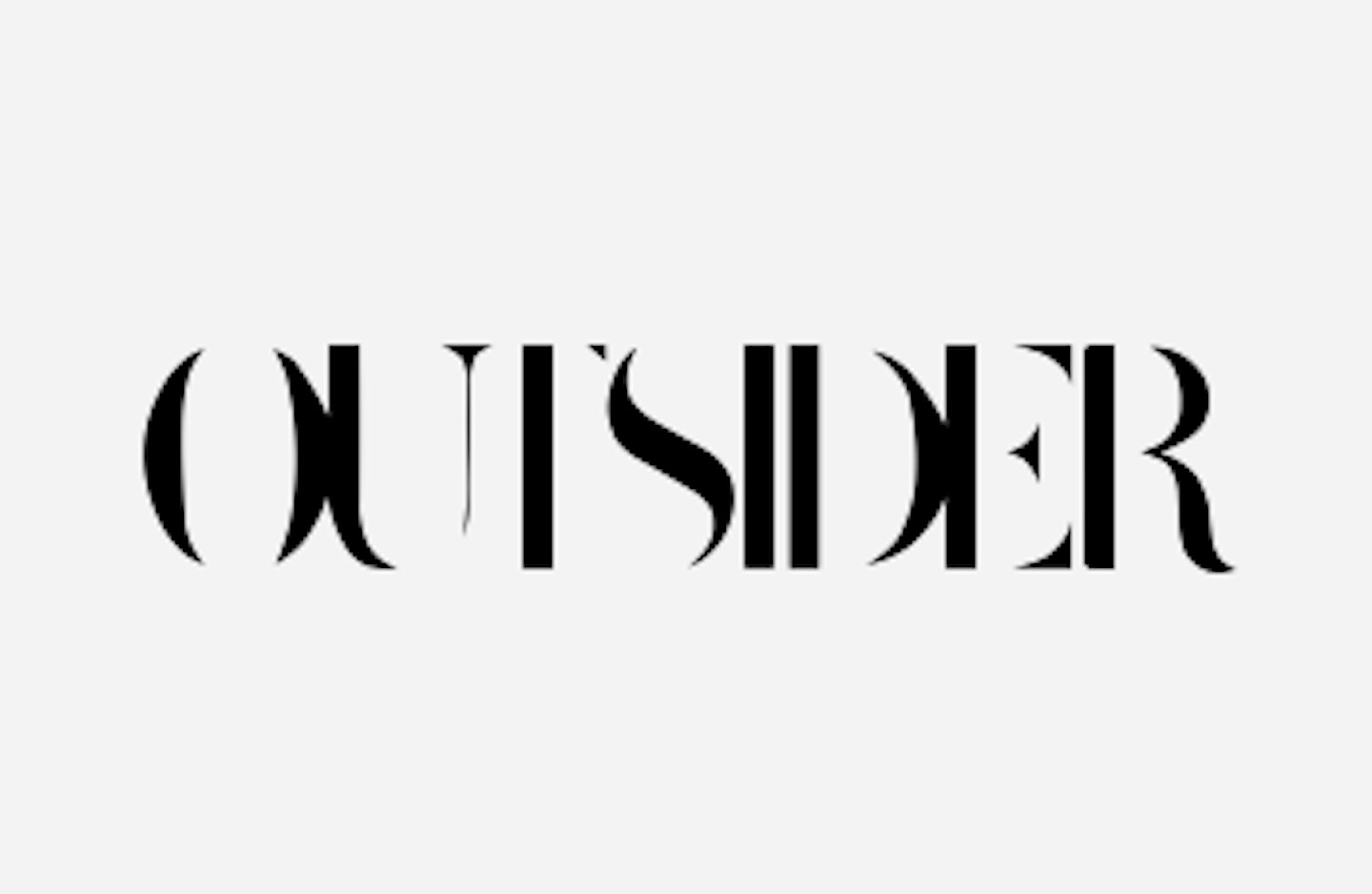 40 of 60
40 of 60Sustainable Fashion Brands
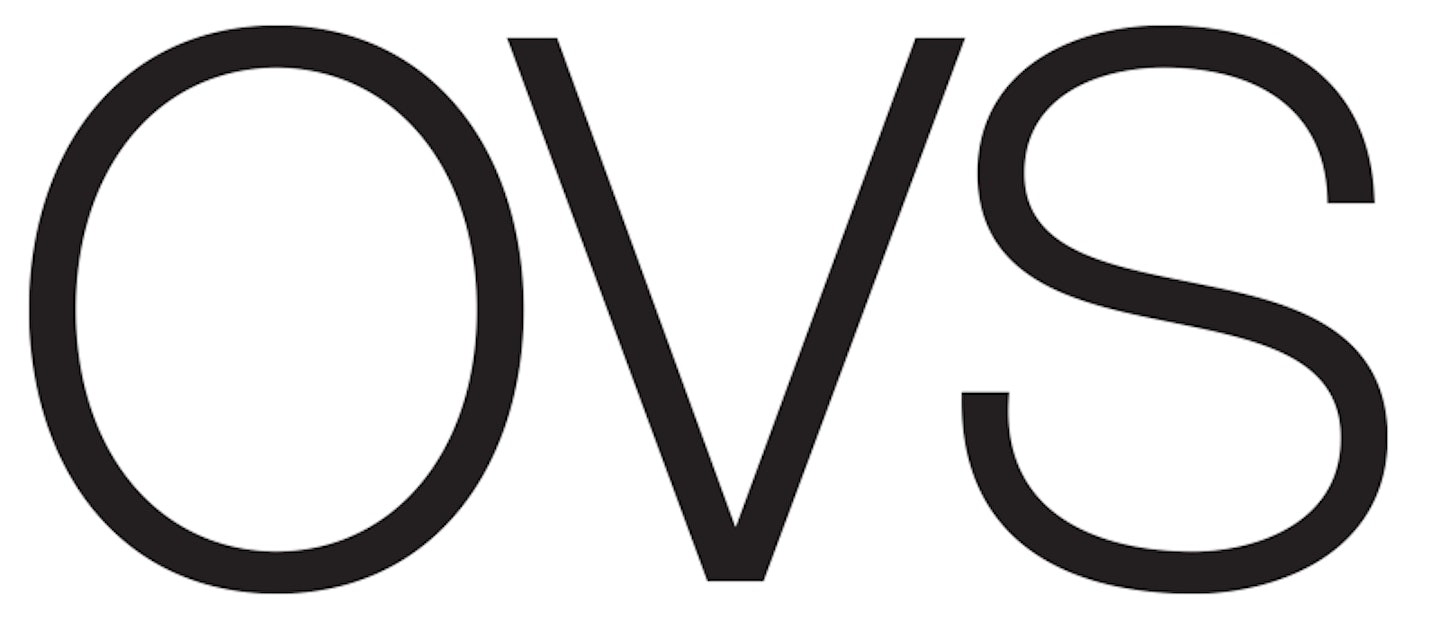 41 of 60
41 of 60Sustainable Fashion Brands
 42 of 60
42 of 60Sustainable Fashion Brands
 43 of 60
43 of 60Sustainable Fashion Brands
 44 of 60
44 of 60Sustainable Fashion Brands
 45 of 60
45 of 60Sustainable Fashion Brands
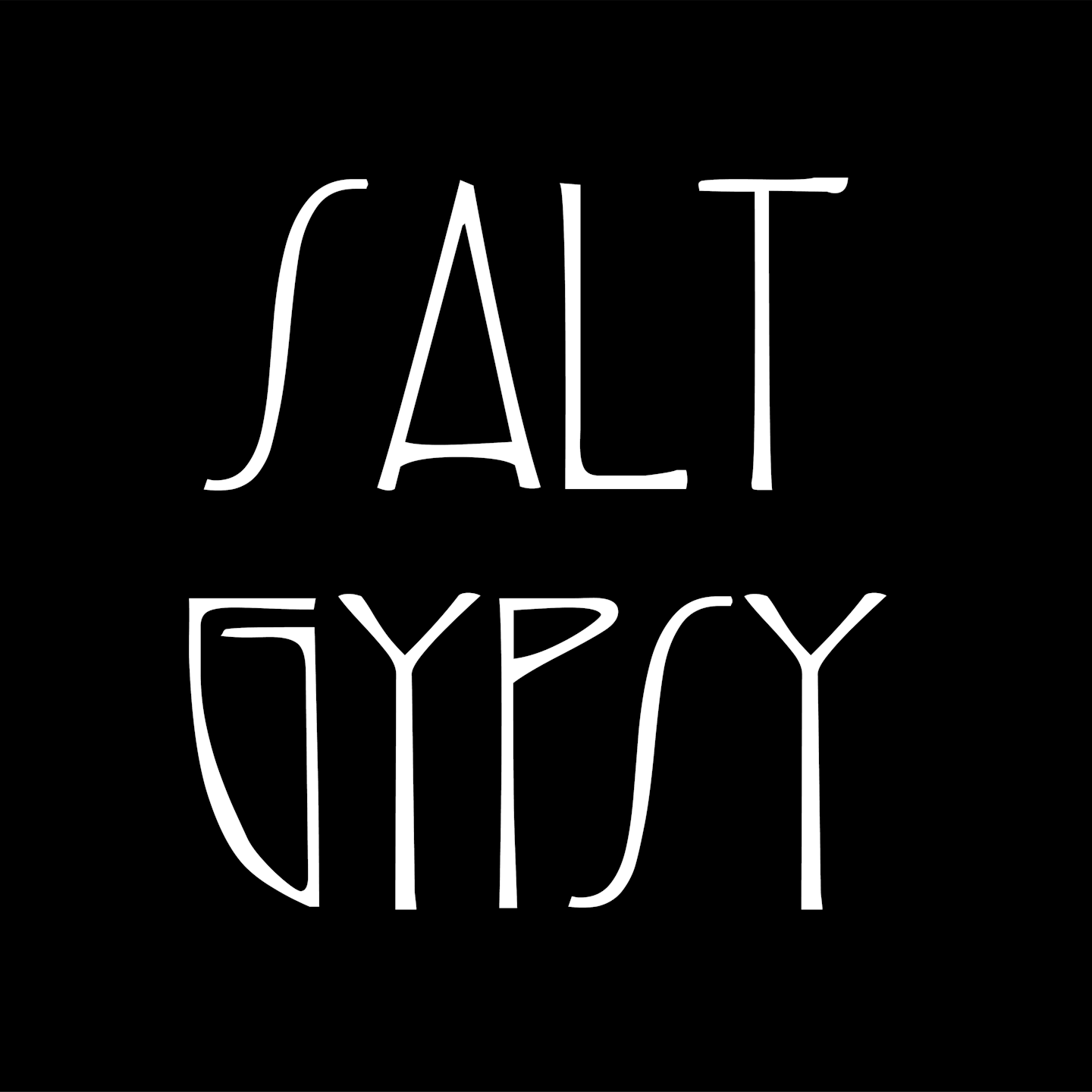 46 of 60
46 of 60Sustainable Fashion Brands
 47 of 60
47 of 60Sustainable Fashion Brands
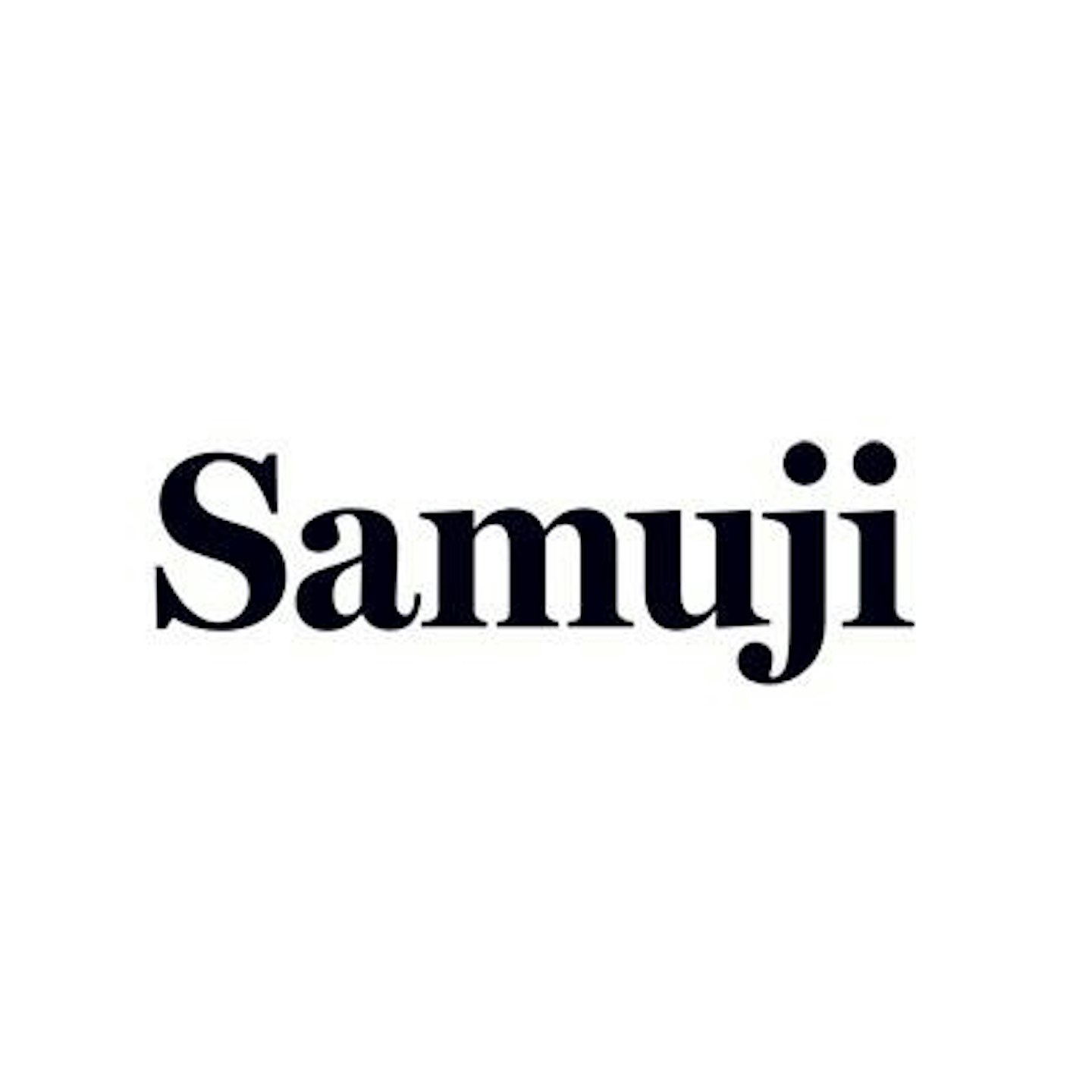 48 of 60
48 of 60Sustainable Fashion Brands
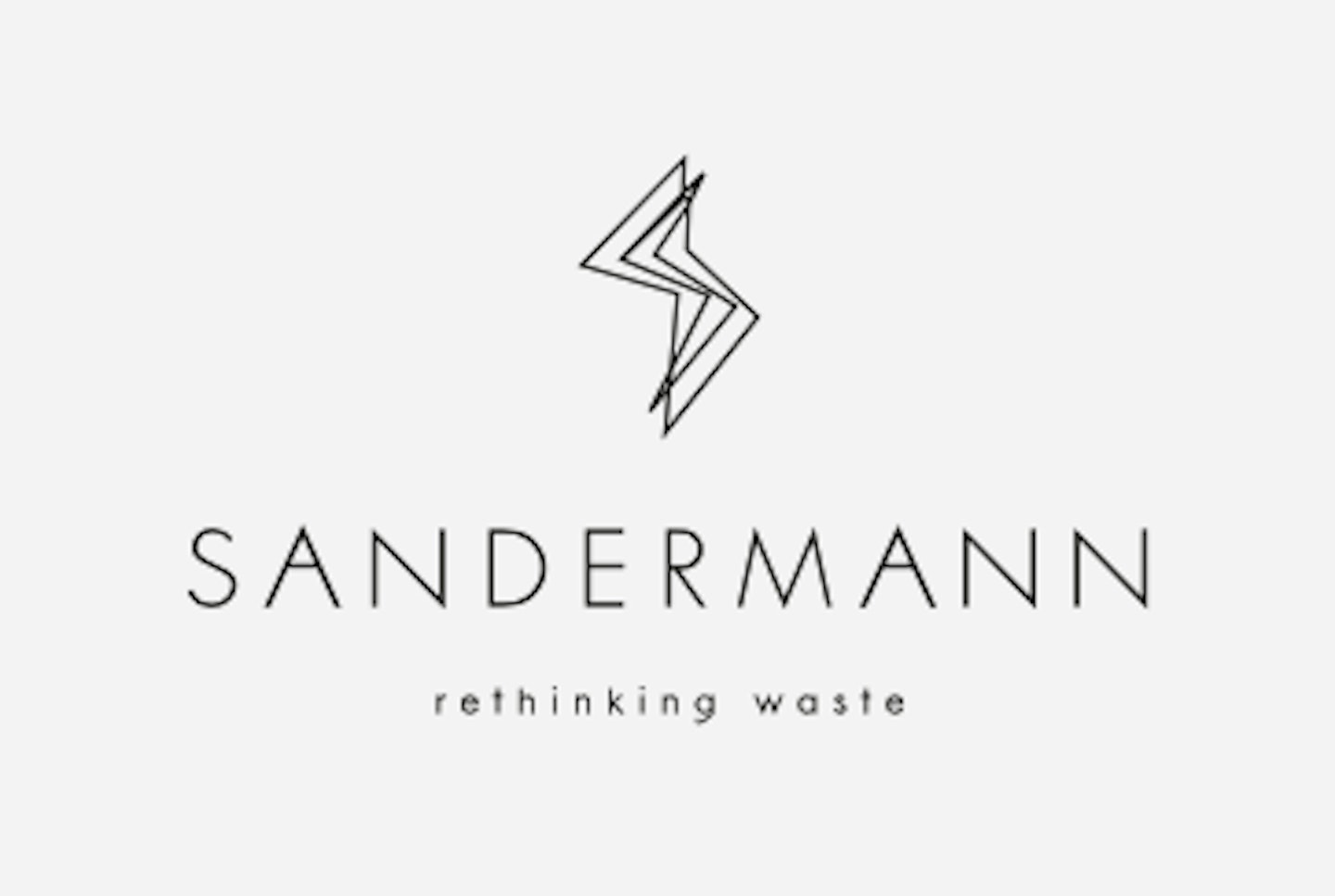 49 of 60
49 of 60Sustainable Fashion Brands
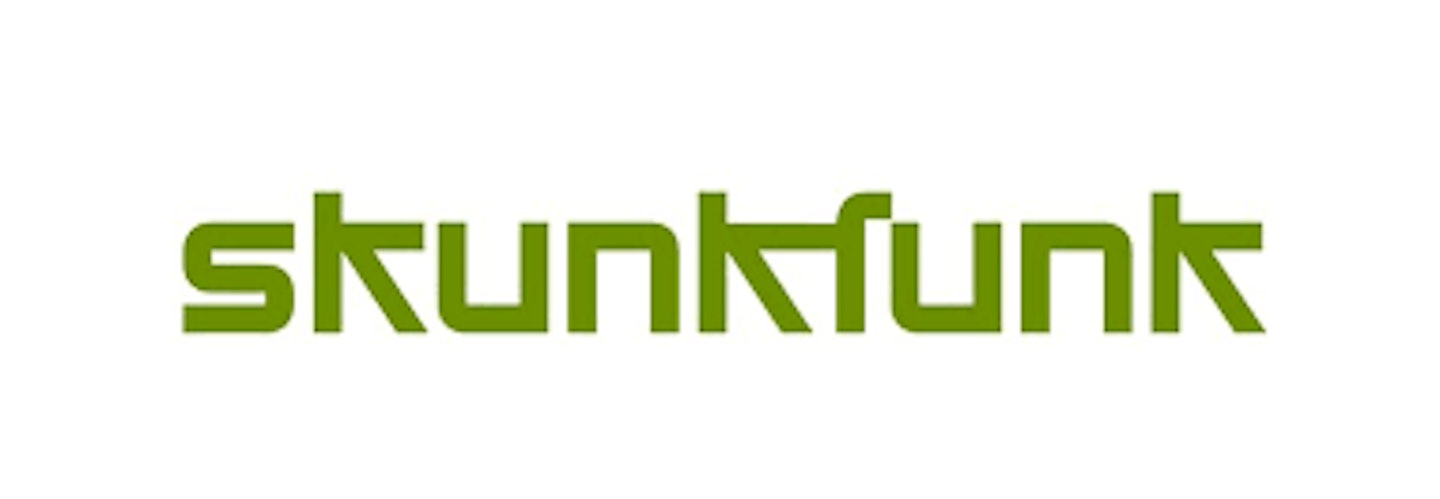 50 of 60
50 of 60Sustainable Fashion Brands
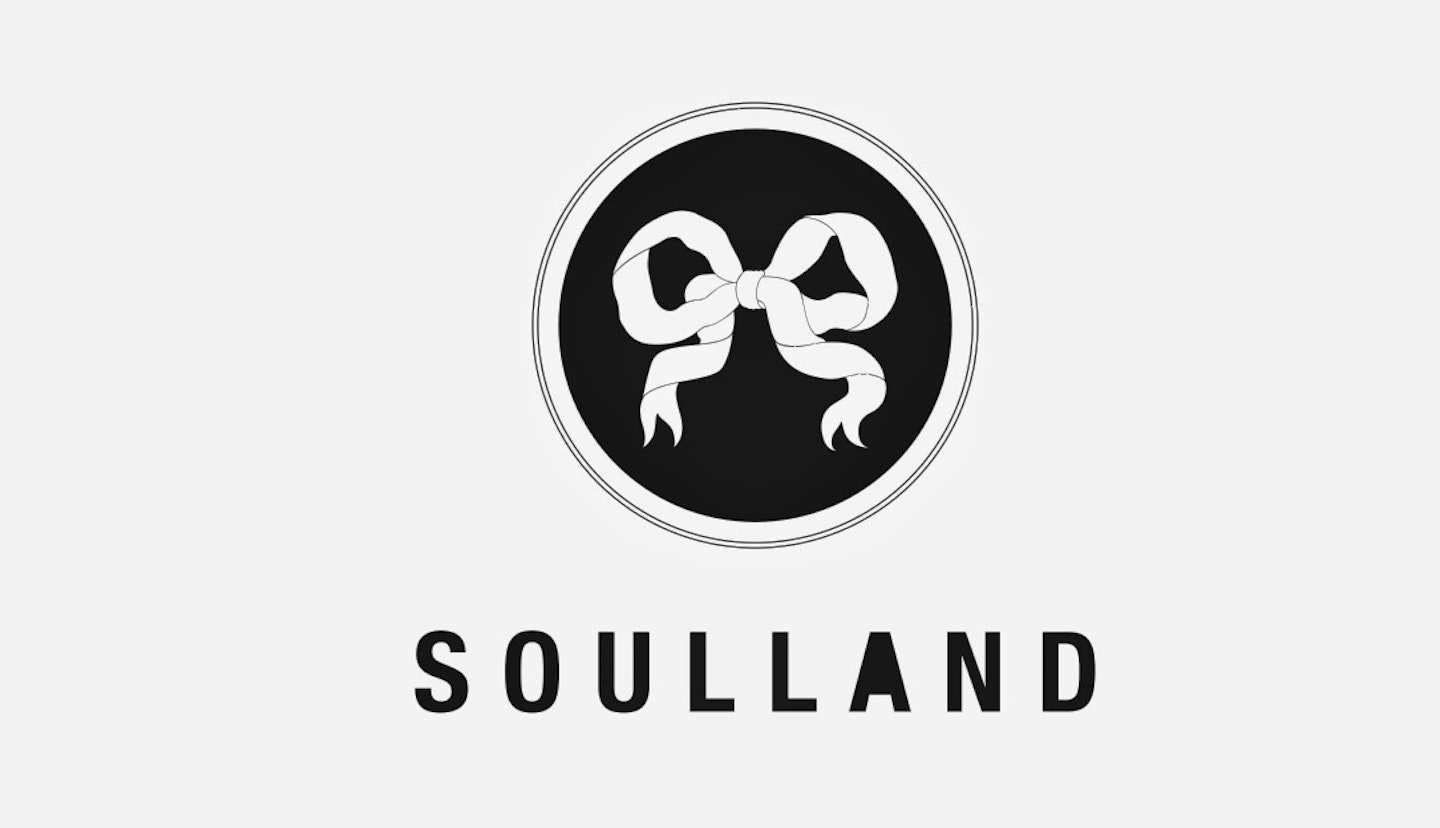 51 of 60
51 of 60Sustainable Fashion Brands
 52 of 60
52 of 60Sustainable Fashion Brands
 53 of 60
53 of 60Sustainable Fashion Brands
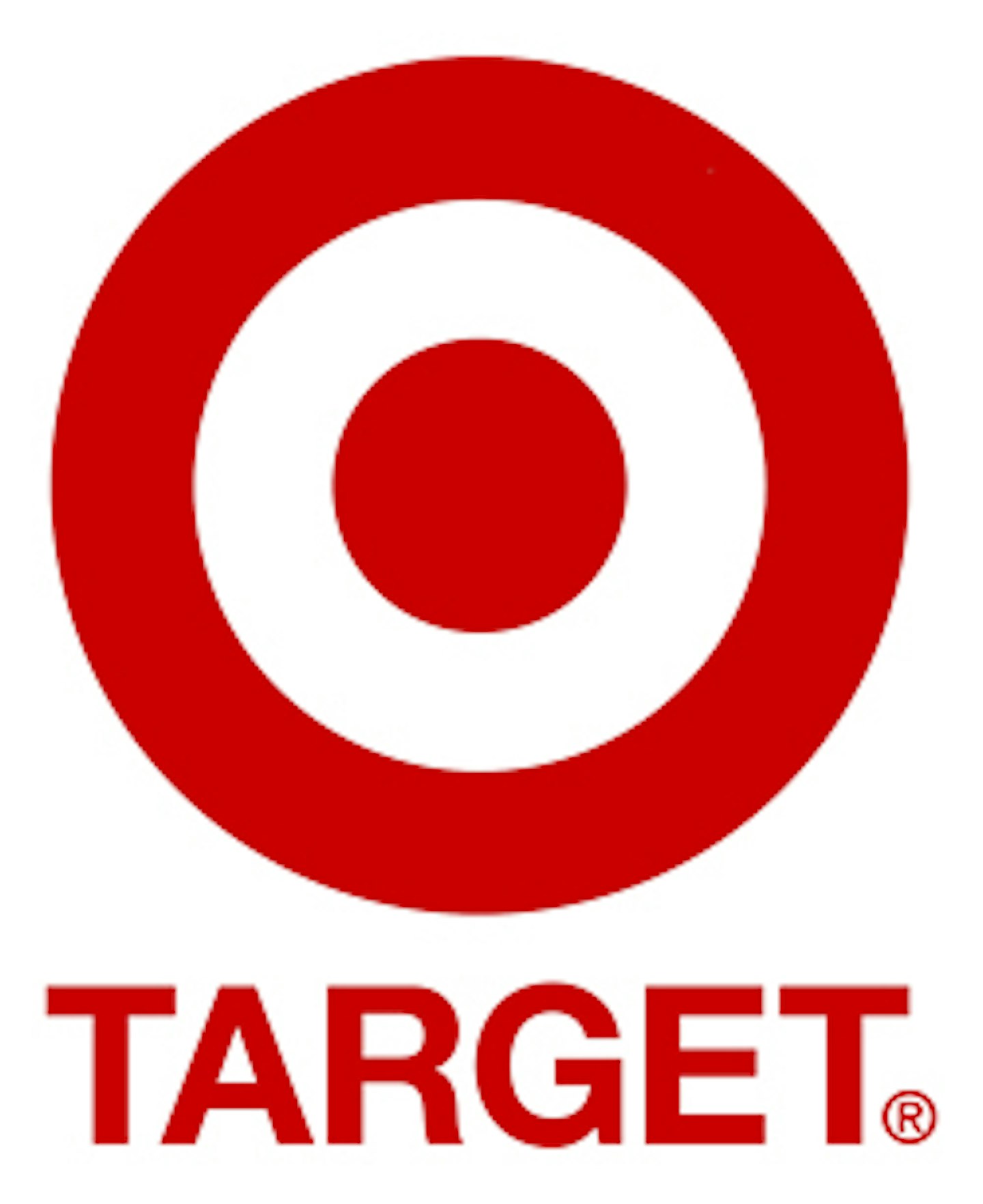 54 of 60
54 of 60Sustainable Fashion Brands
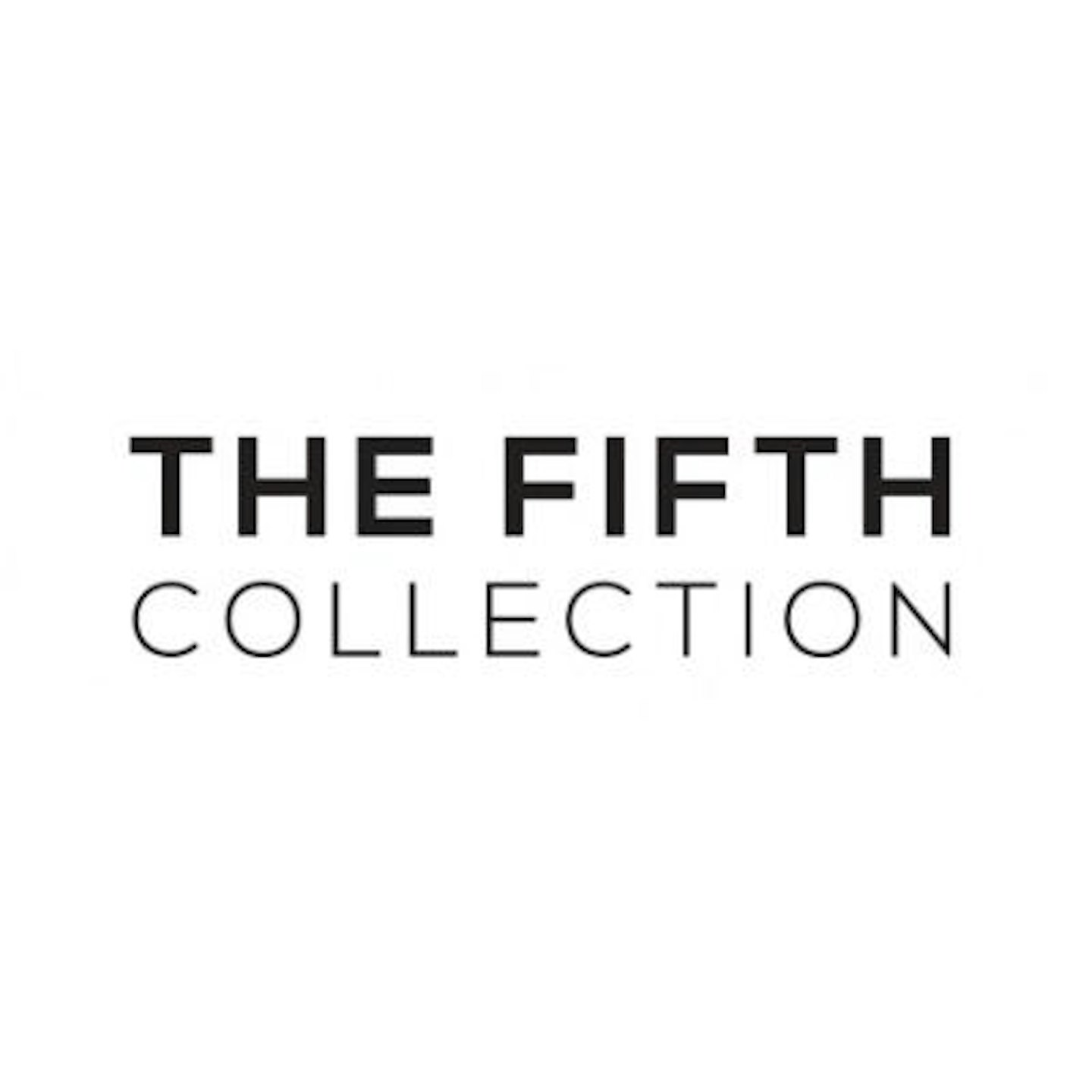 55 of 60
55 of 60Sustainable Fashion Brands
 56 of 60
56 of 60Sustainable Fashion Brands
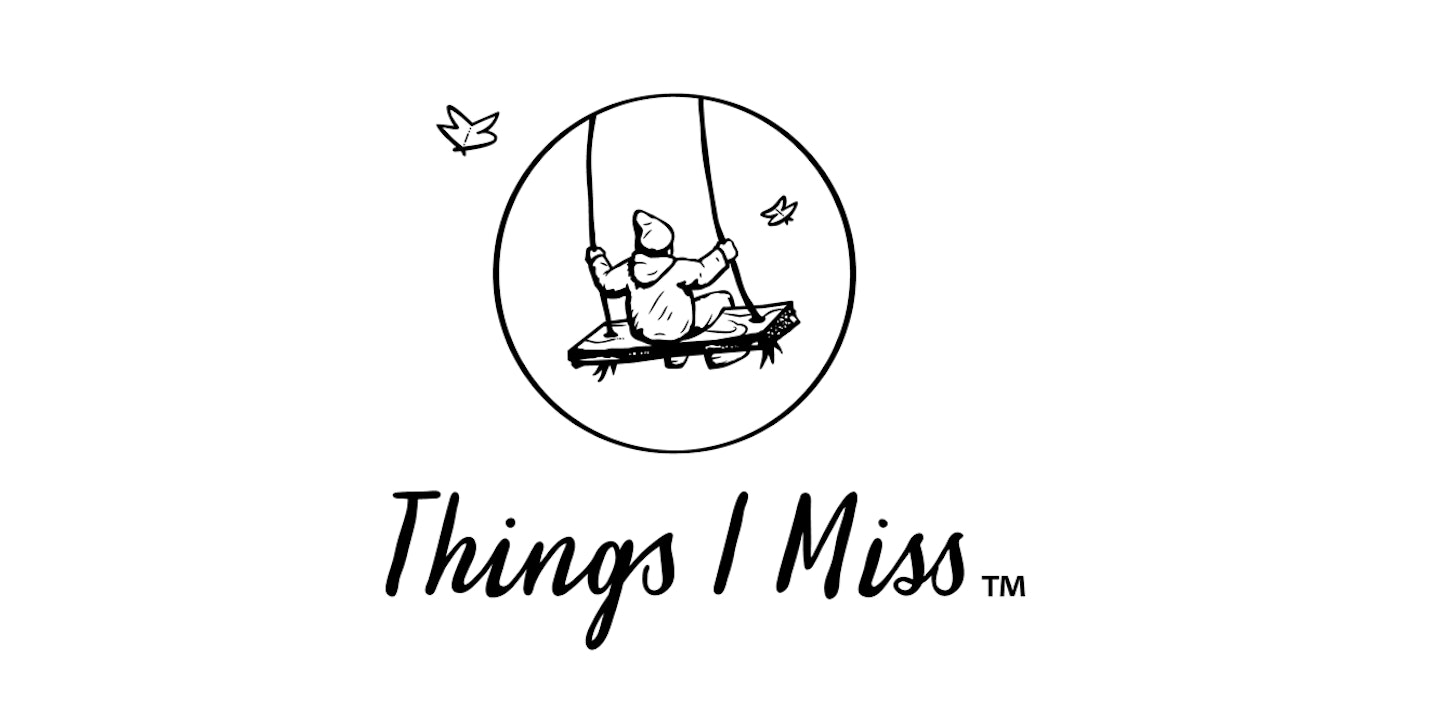 57 of 60
57 of 60Sustainable Fashion Brands
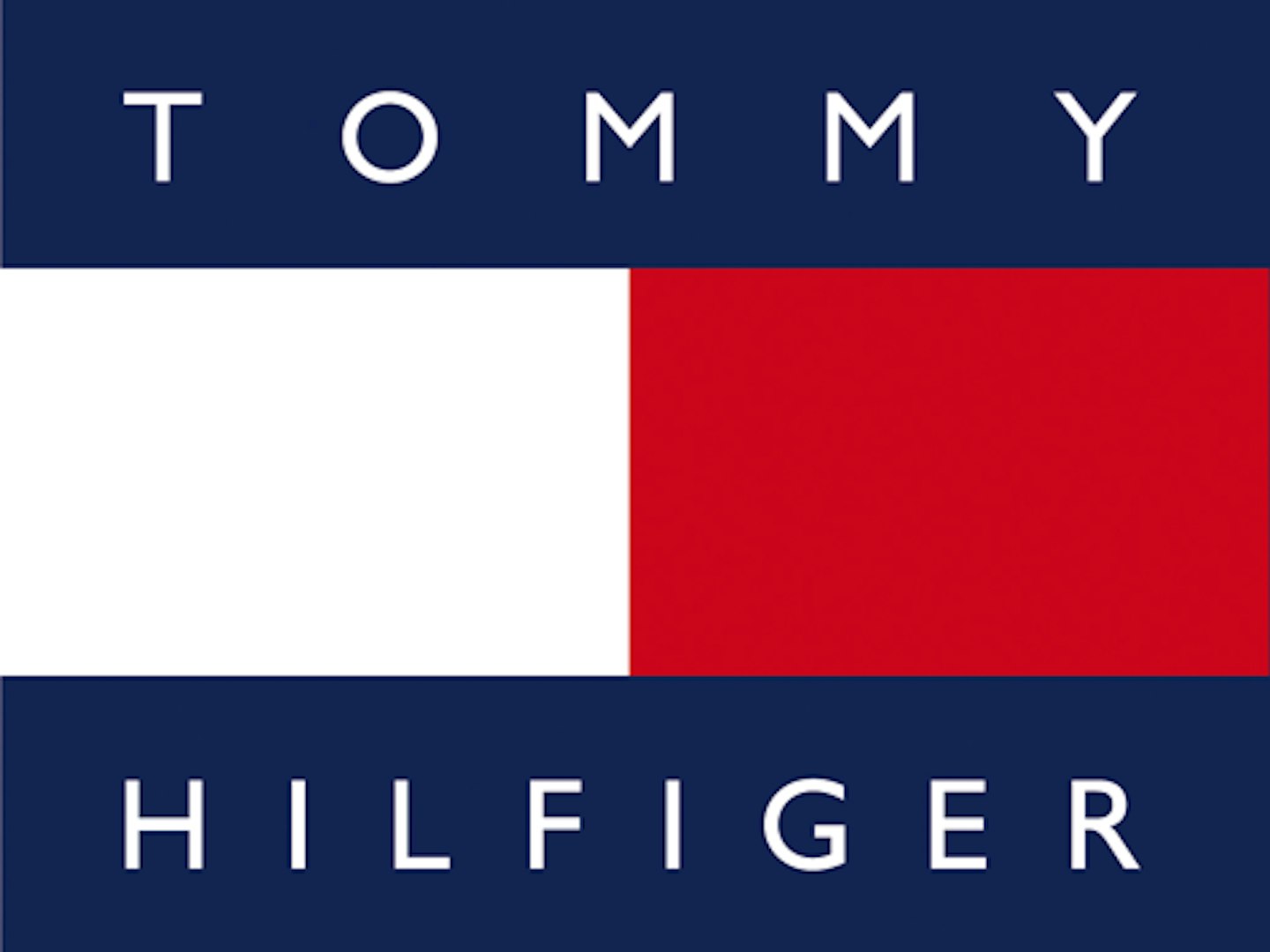 58 of 60
58 of 60Sustainable Fashion Brands
 59 of 60
59 of 60Sustainable Fashion Brands
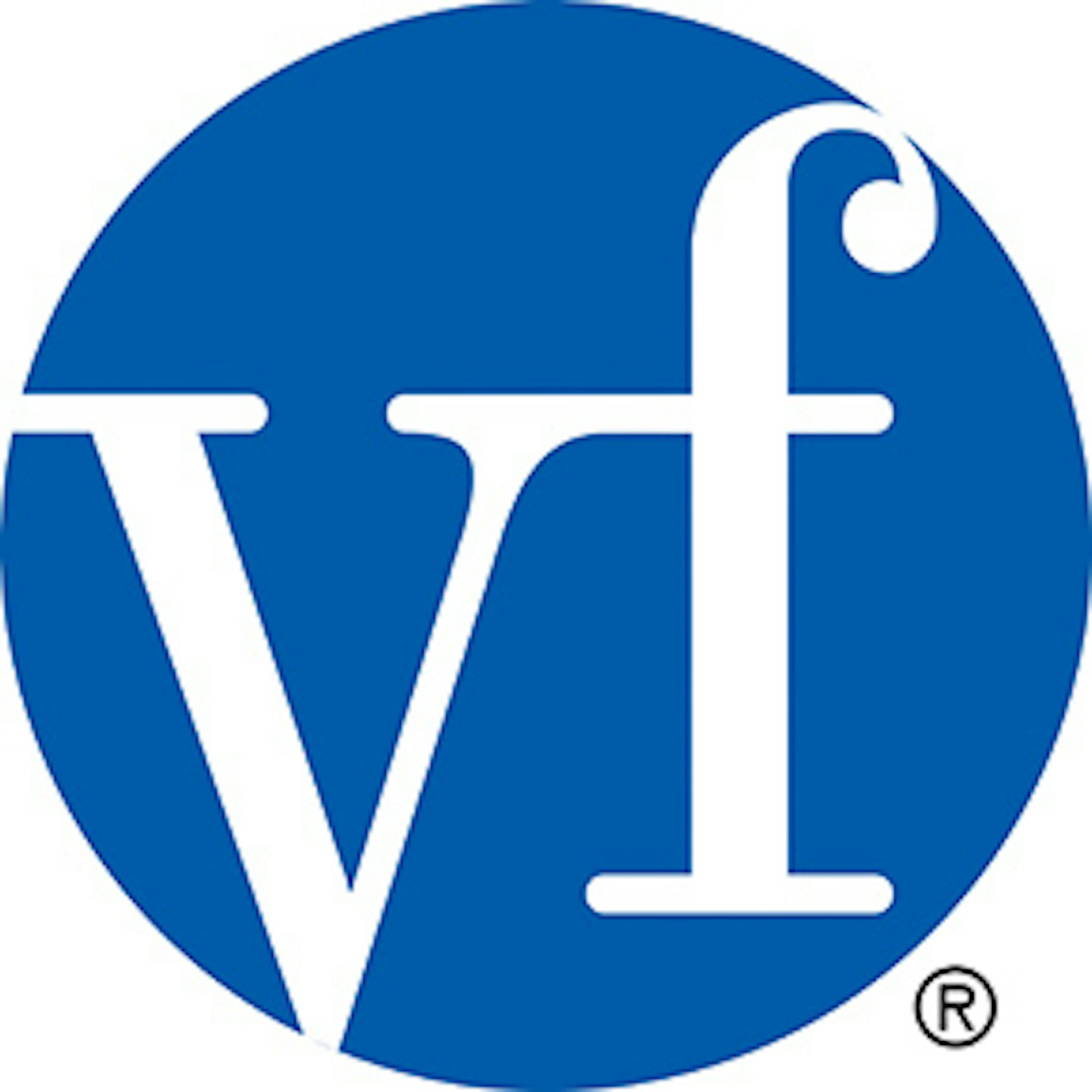 60 of 60
60 of 60Sustainable Fashion Brands
ASOS have gone one step further promising to train their entire design team in circular design, which is a regenerative process of eliminating waste by reusing, preparing, painting and recycling. As well, they’ve pledged to introduce garment collection so that they can re-use materials where possible.
On the luxury spectrum, Kering (the group that owns Gucci, Saint Laurent and Balenciaga) aims to be 100 per cent cruelty-free by 2020. It also has its eye on scaling up pre- and post-consumer waste recycling.
’Global Fashion Agenda's mission is to mobilize the international fashion industry to transform the way we produce and consume fashion. This is done by engaging the broader fashion community on the most pressing issues and solutions and by creating joint commitments to achieve significant progress,’ explains the platform’s website.

While this new agreement only represents 7.5 per cent of the global fashion industry, it's hard not to see it as a step in a positive direction. And, this is especially so if these large retailers can prove there is a scalable business model that can be copied for selling and consuming fashion sustainably.
